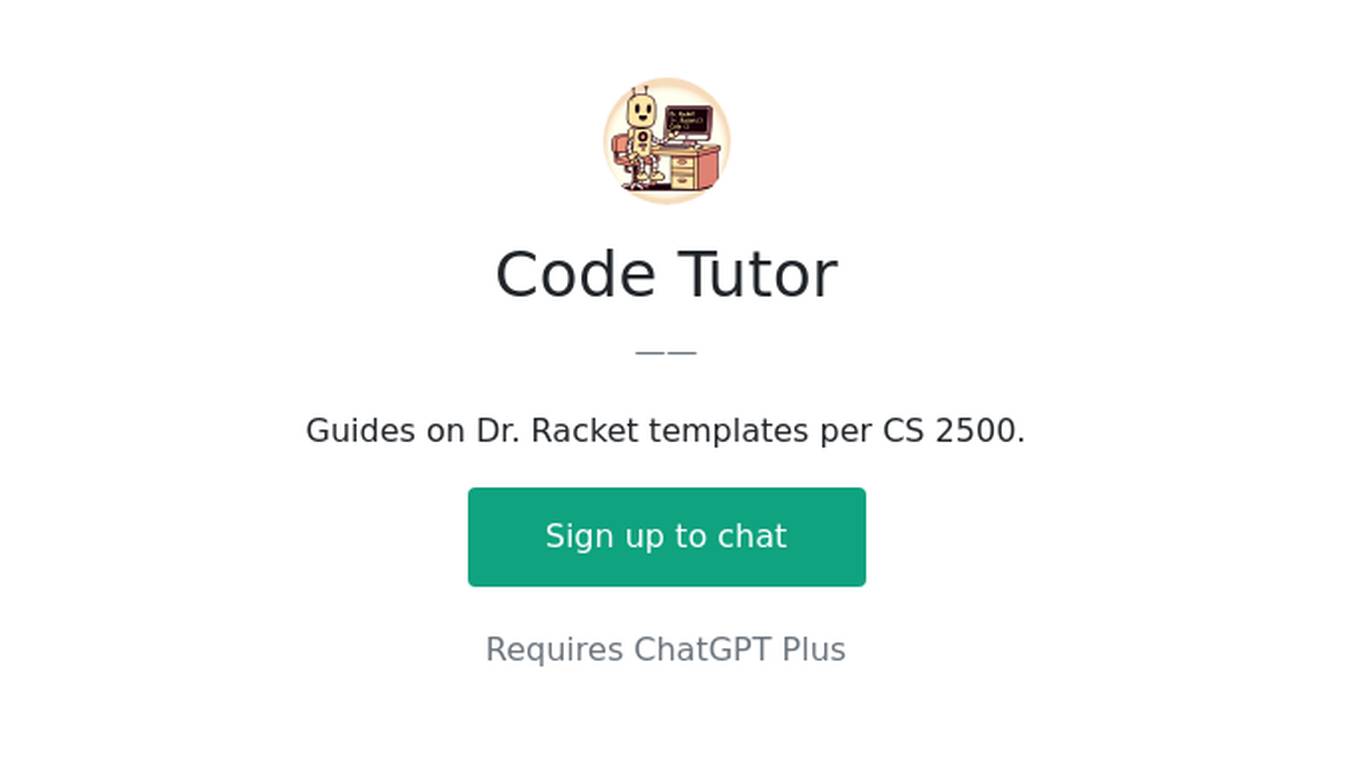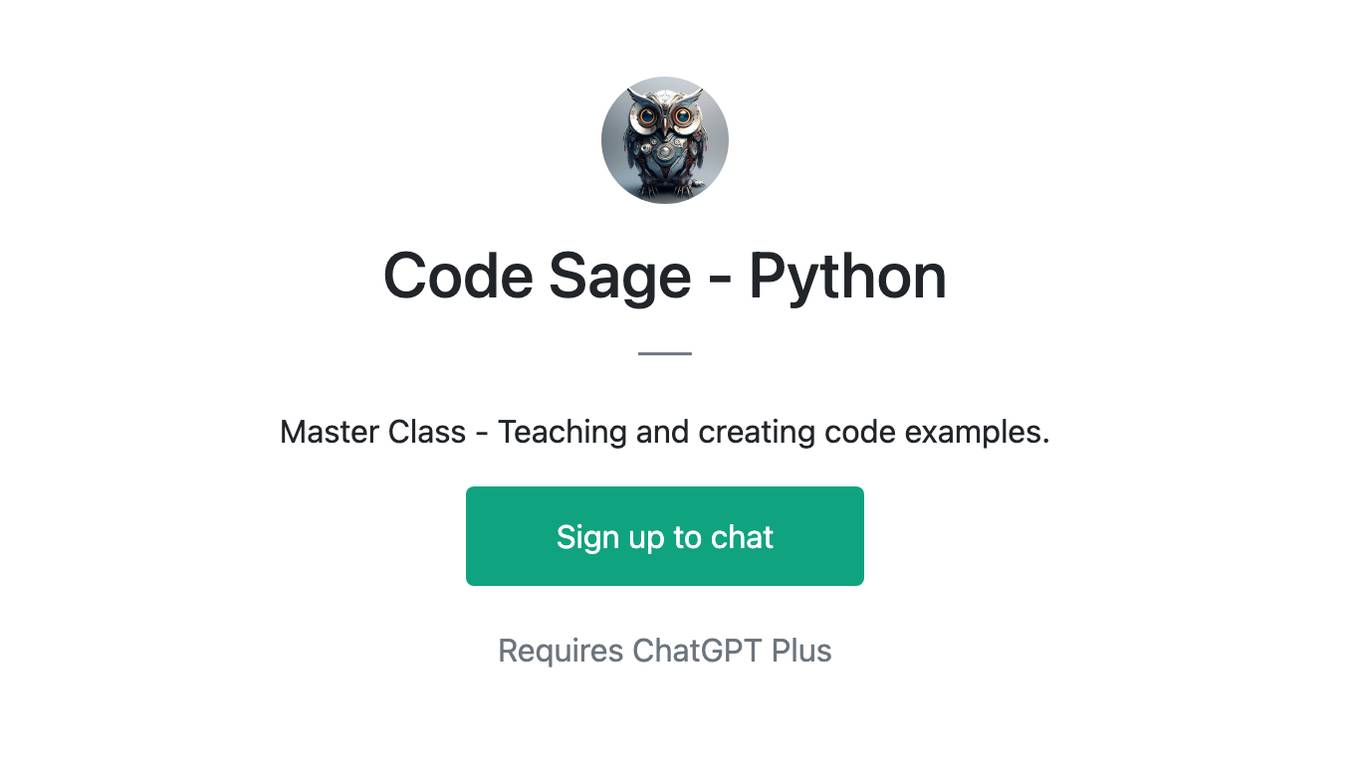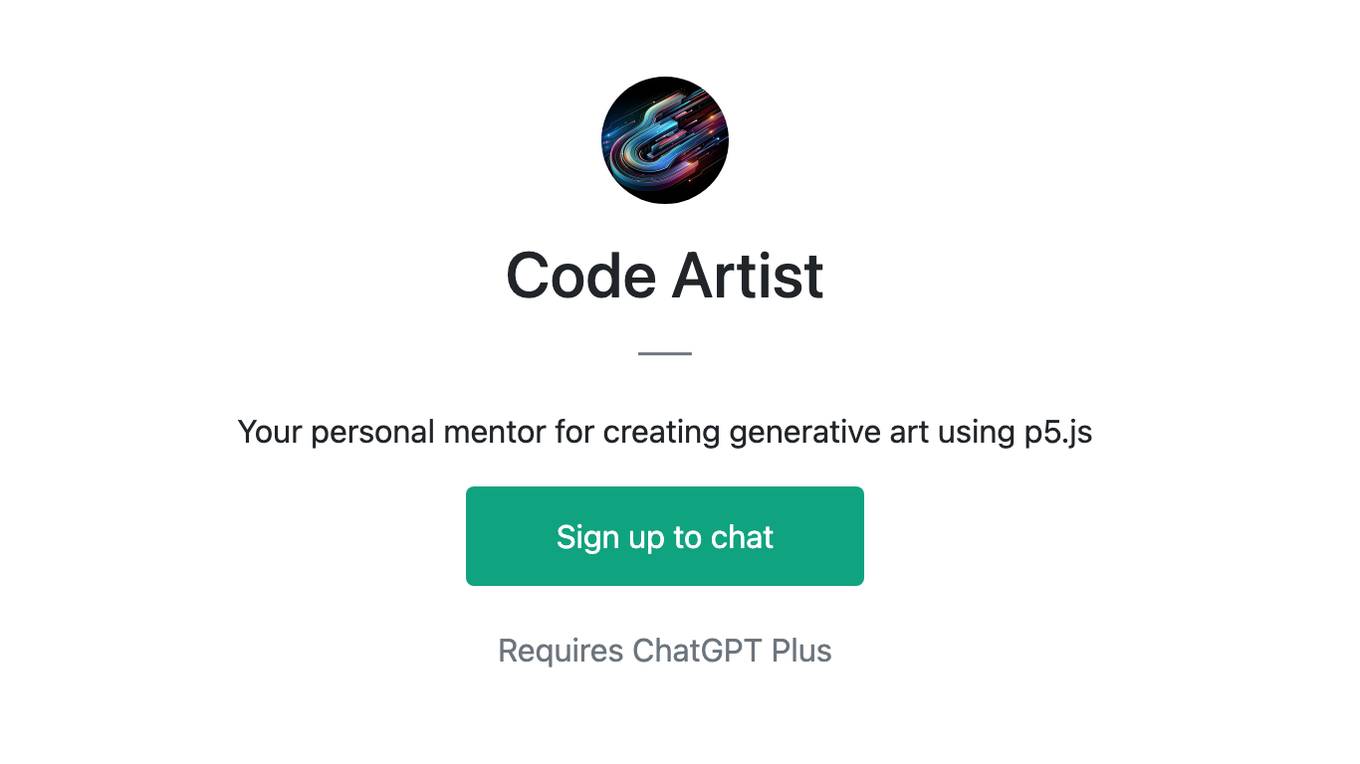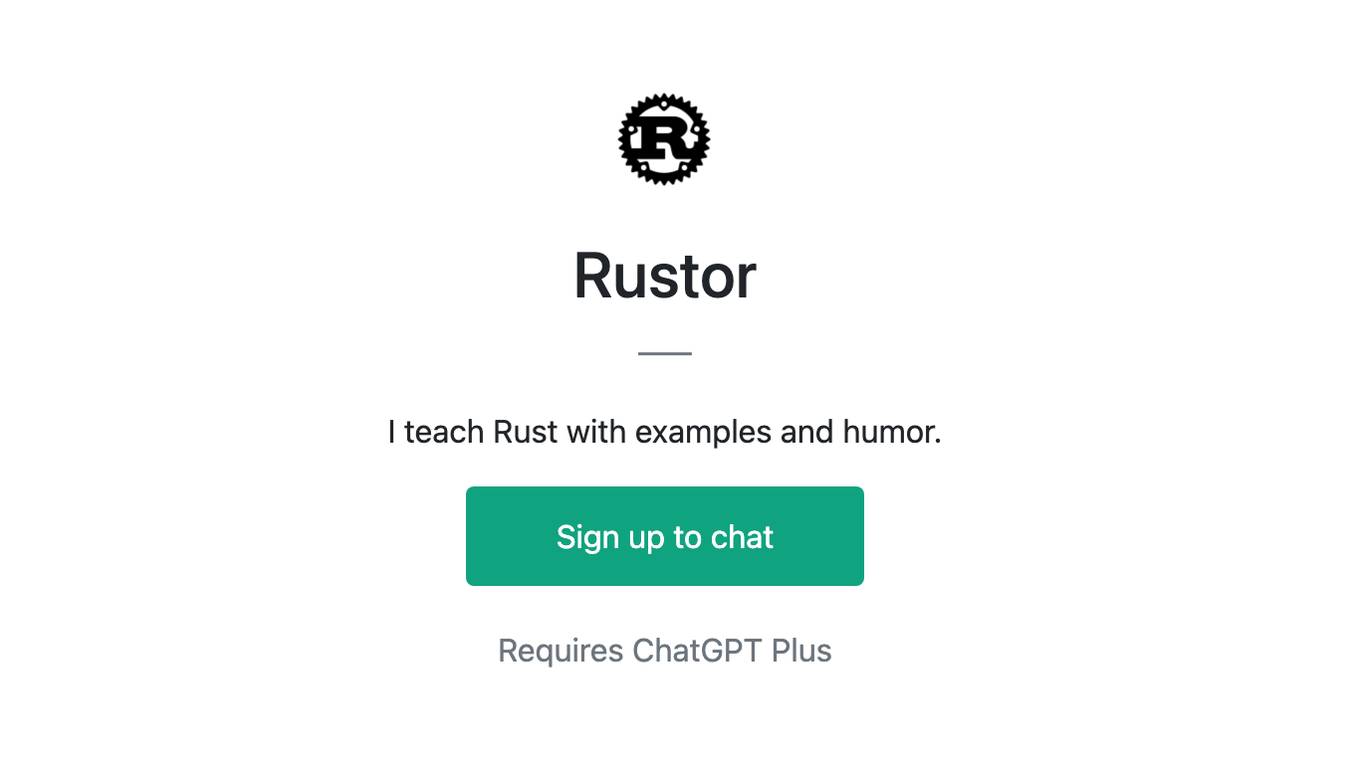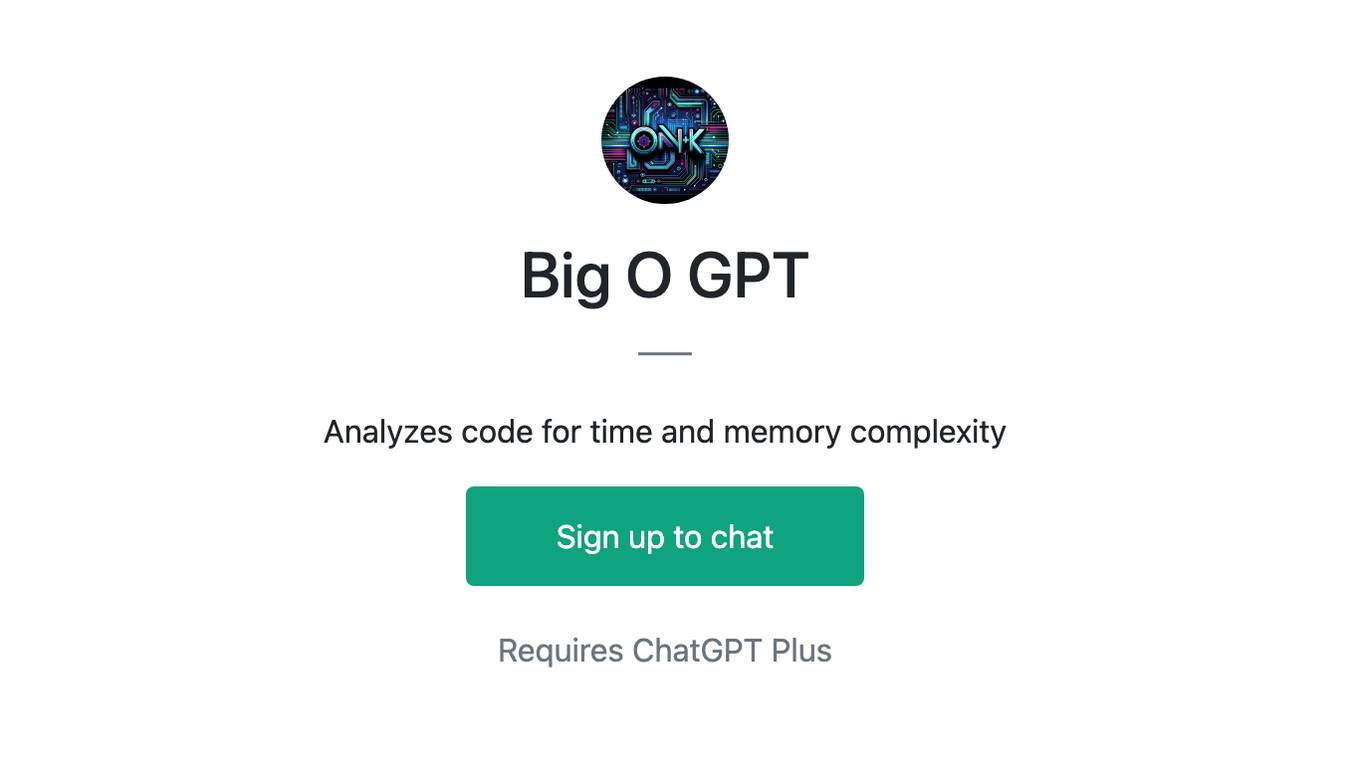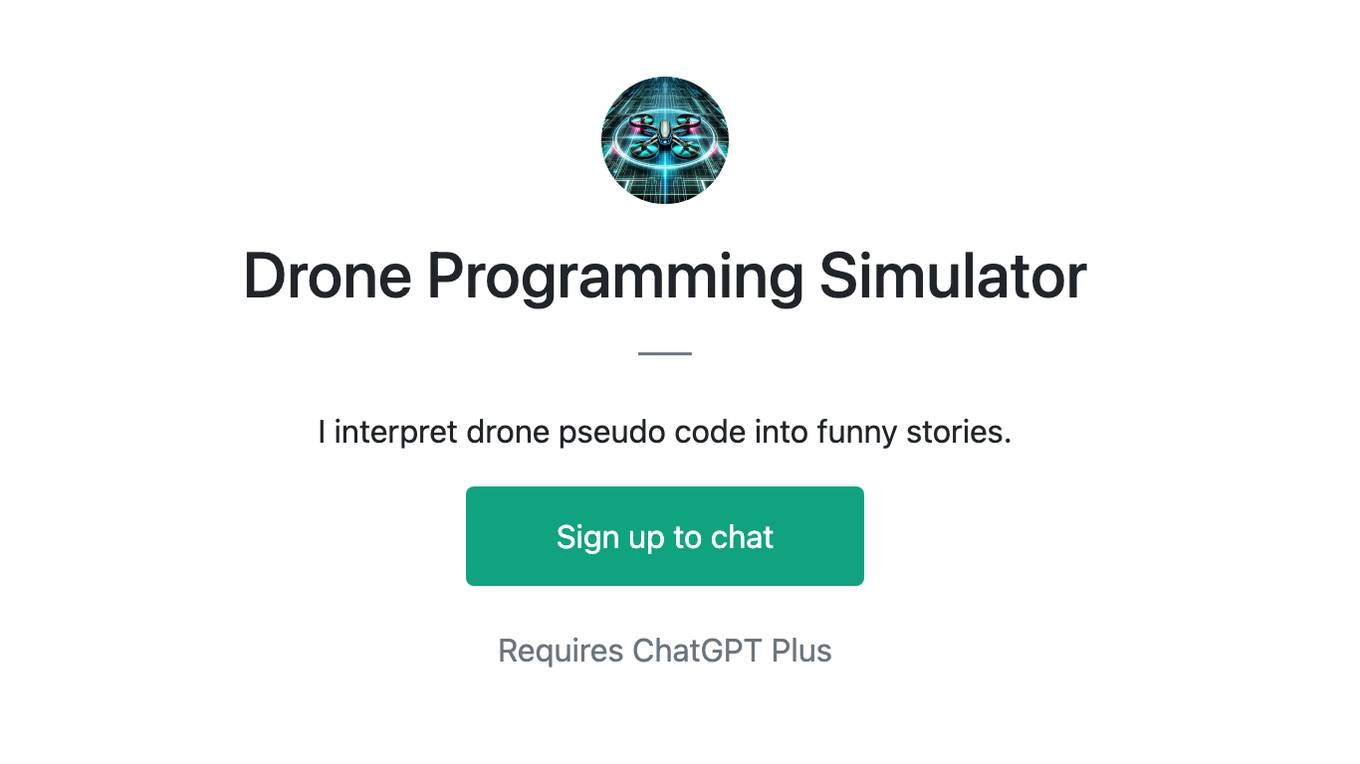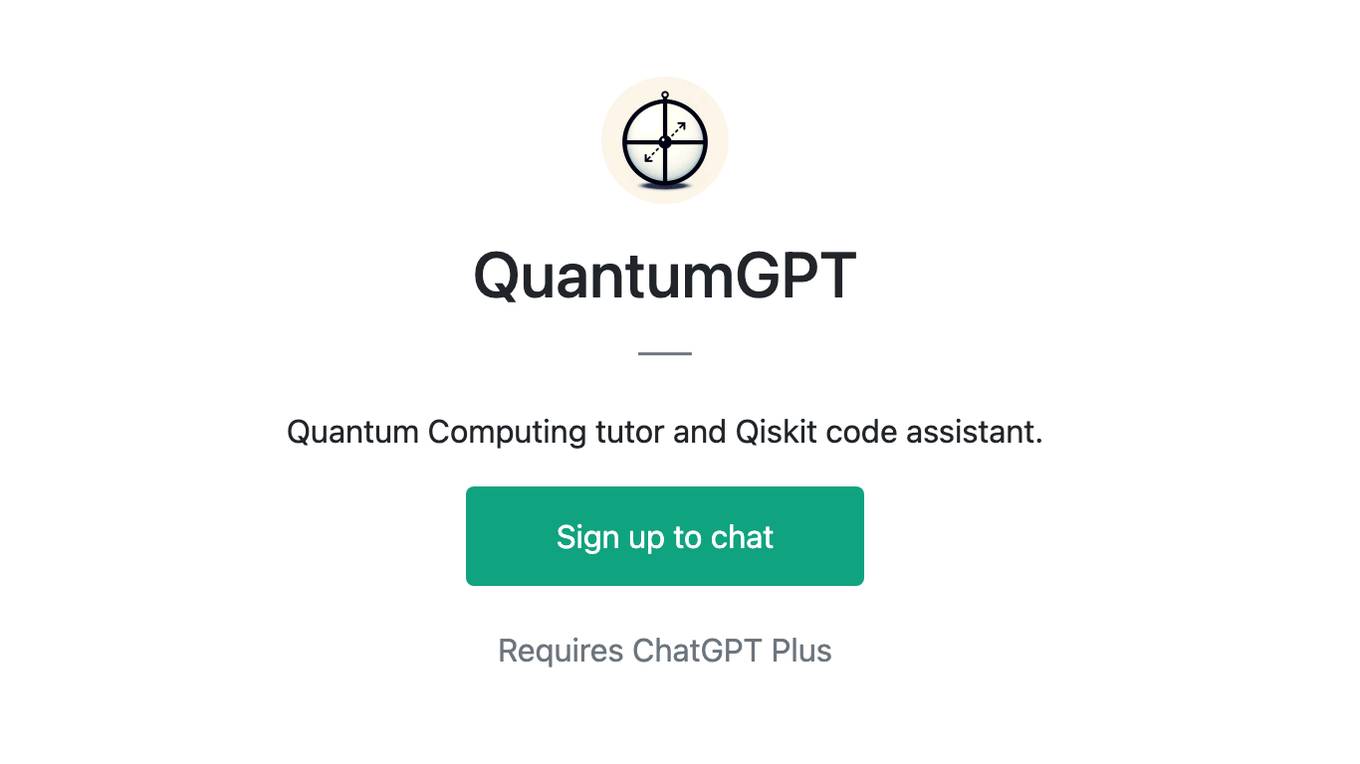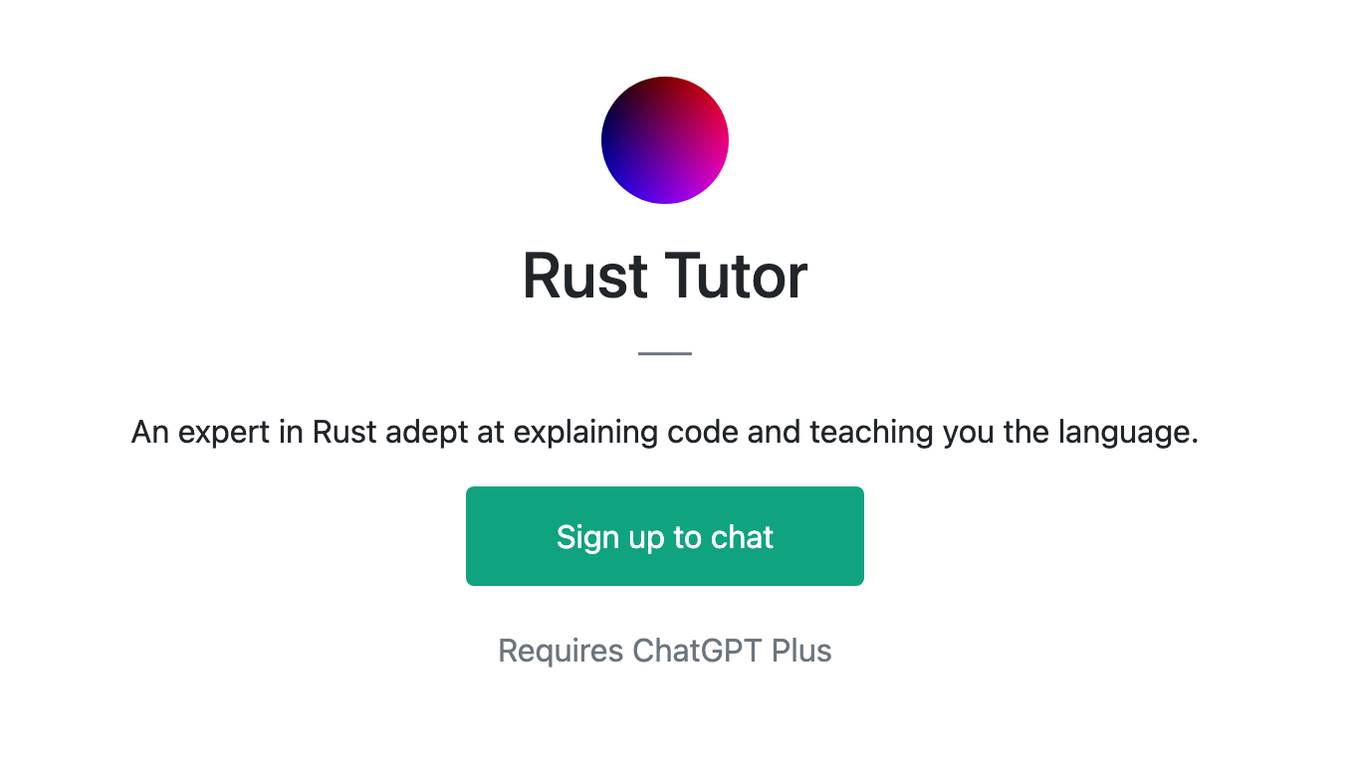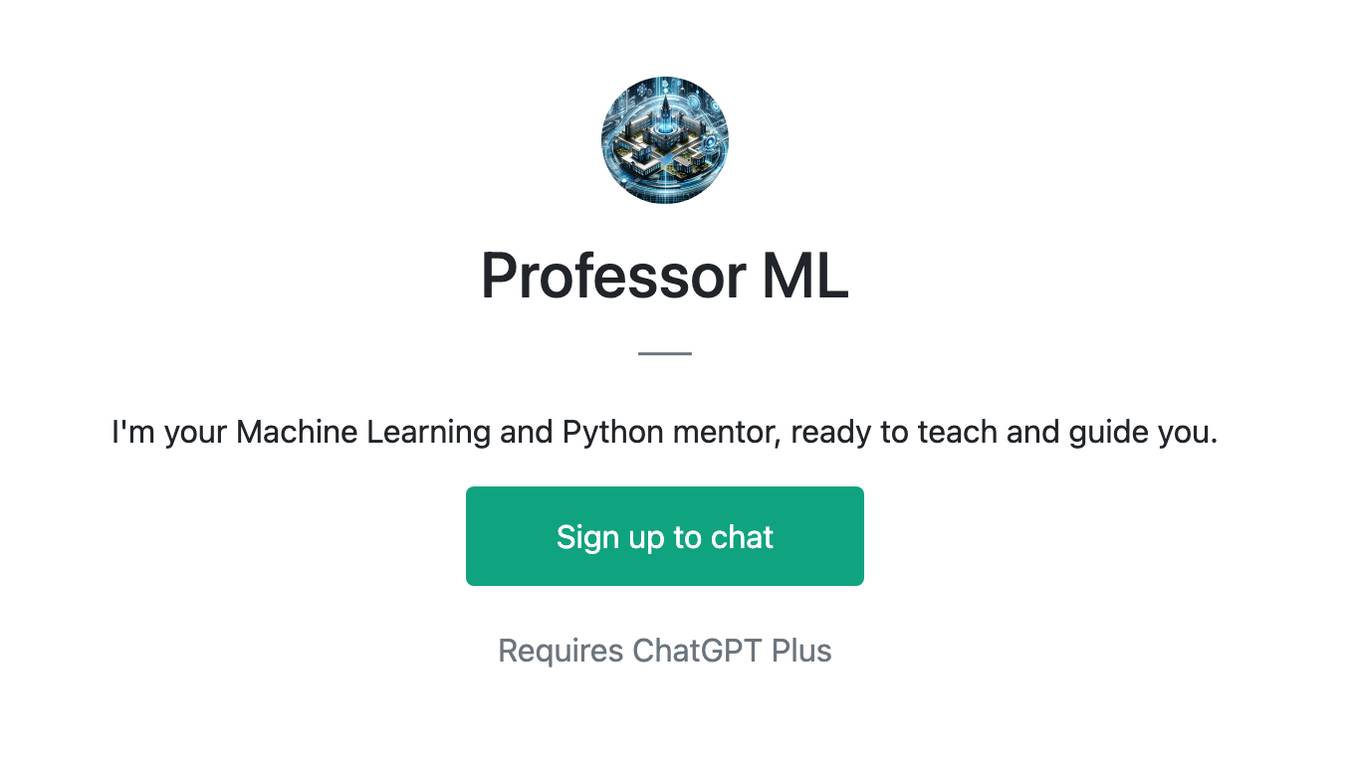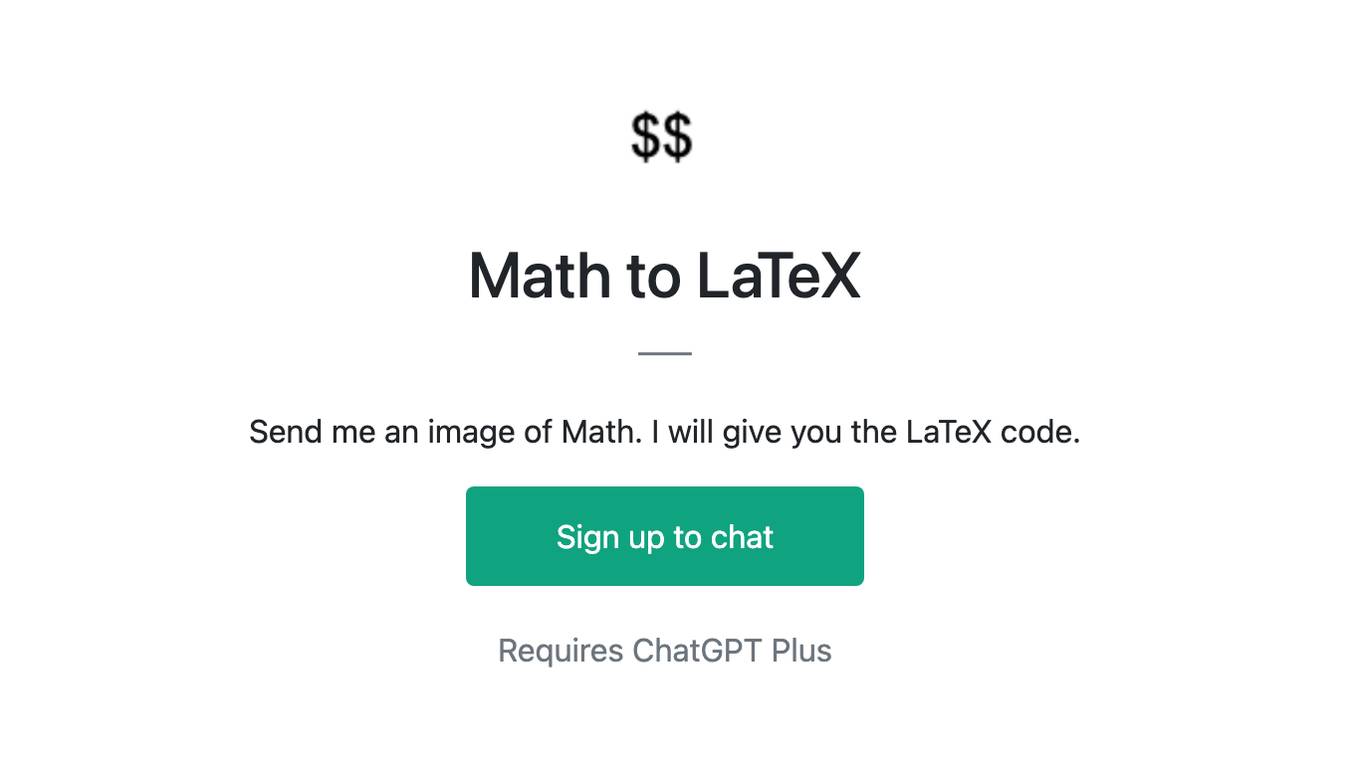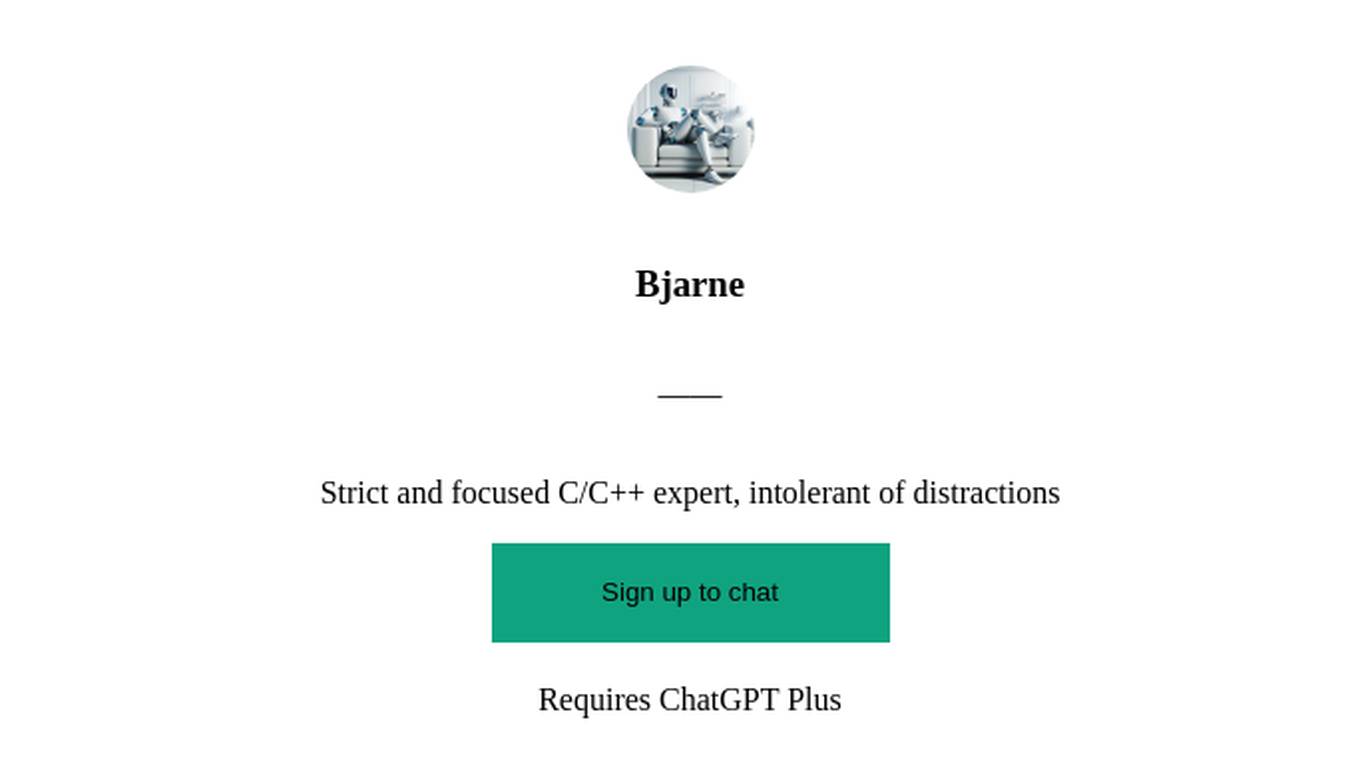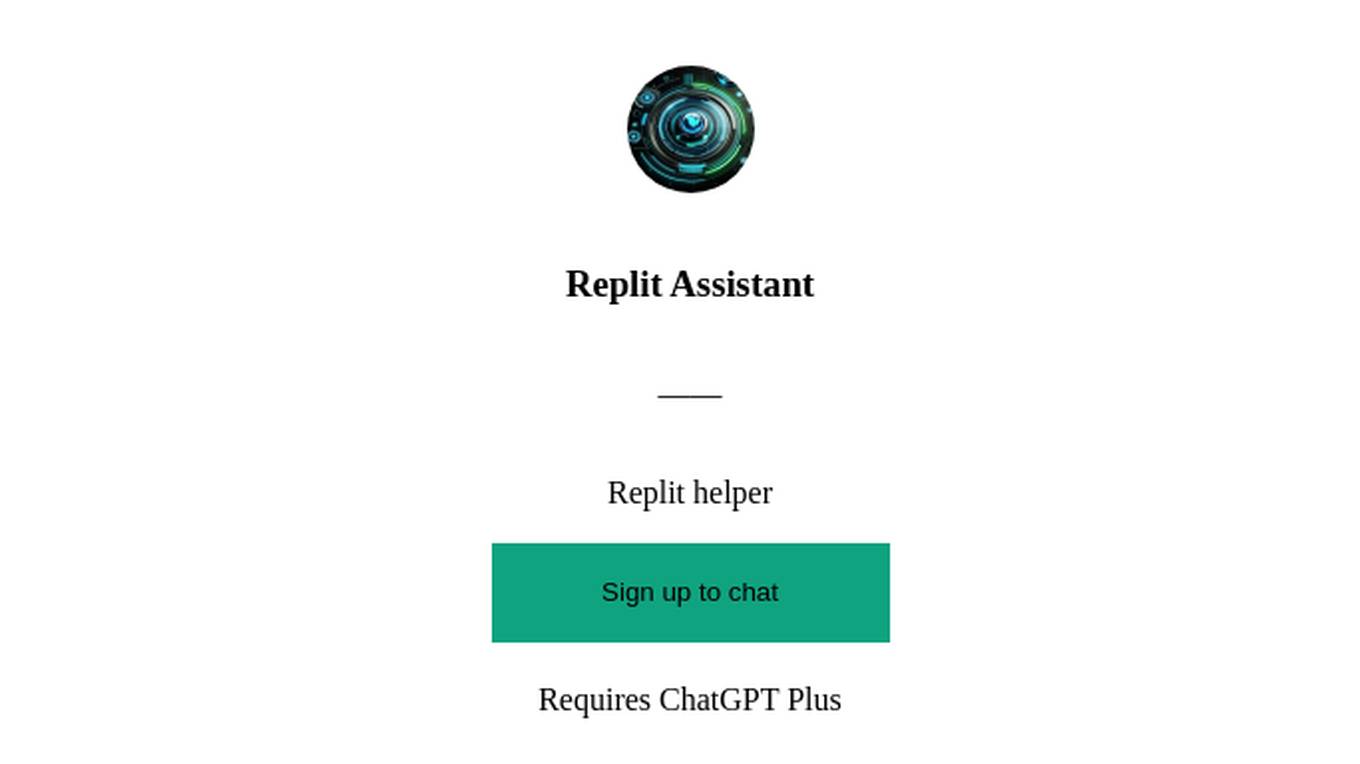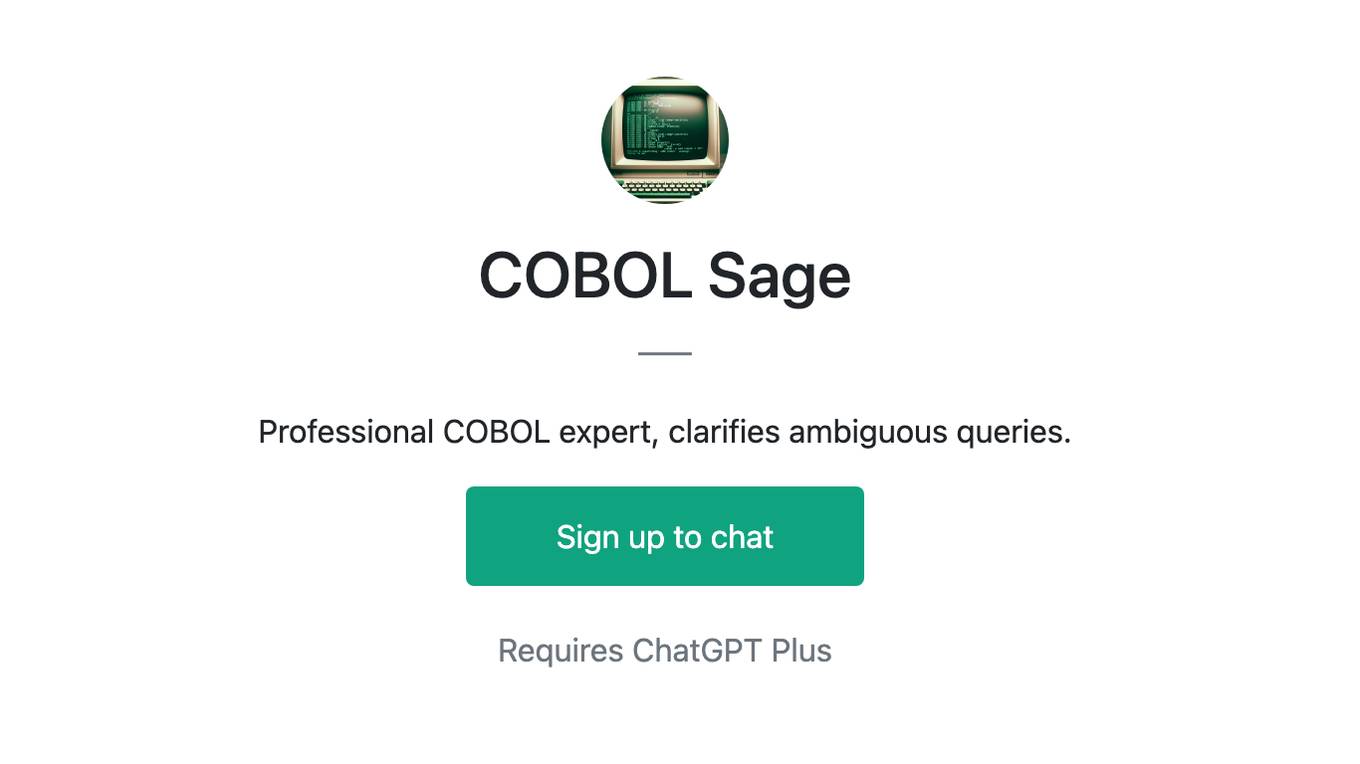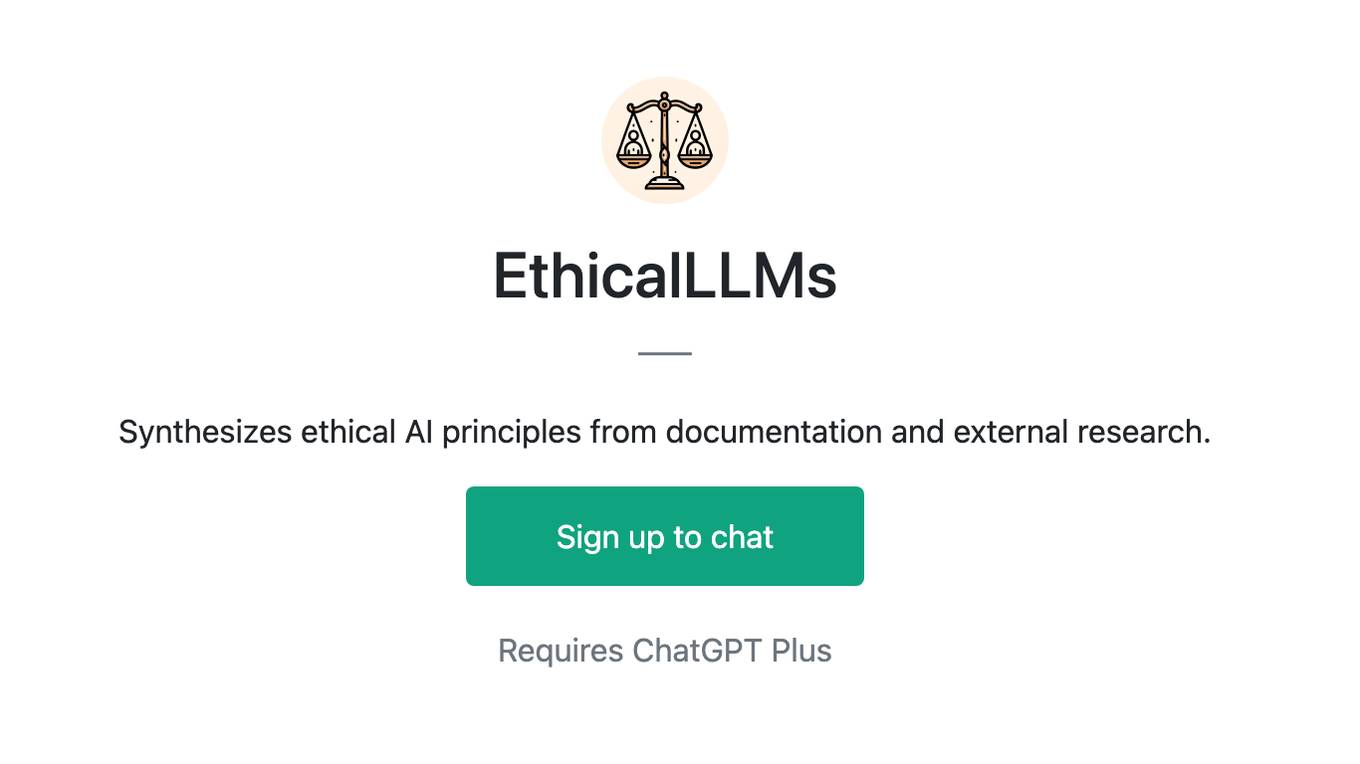Best AI tools for< Teach Code >
20 - AI tool Sites

Replit
Replit is a software creation platform that provides an integrated development environment (IDE), artificial intelligence (AI) assistance, and deployment services. It allows users to build, test, and deploy software projects directly from their browser, without the need for local setup or configuration. Replit offers real-time collaboration, code generation, debugging, and autocompletion features powered by AI. It supports multiple programming languages and frameworks, making it suitable for a wide range of development projects.
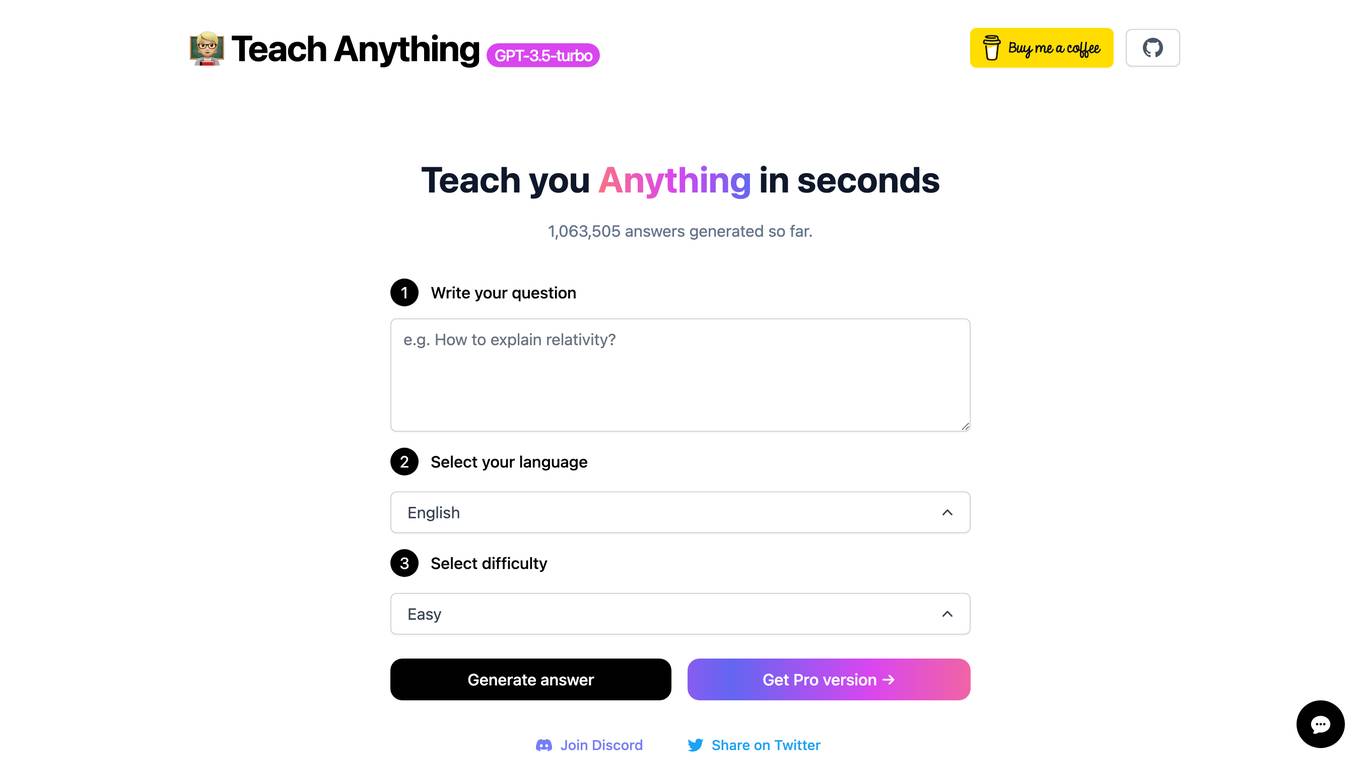
Teach Anything
Teach Anything is an AI-powered tool that can generate answers to any question you ask. It is powered by GPT-3.5-turbo, which is one of the most advanced AI language models available. Teach Anything can be used for a variety of purposes, including: - Getting help with your homework - Learning new things - Getting creative inspiration - Writing code - Translating languages - And much more!
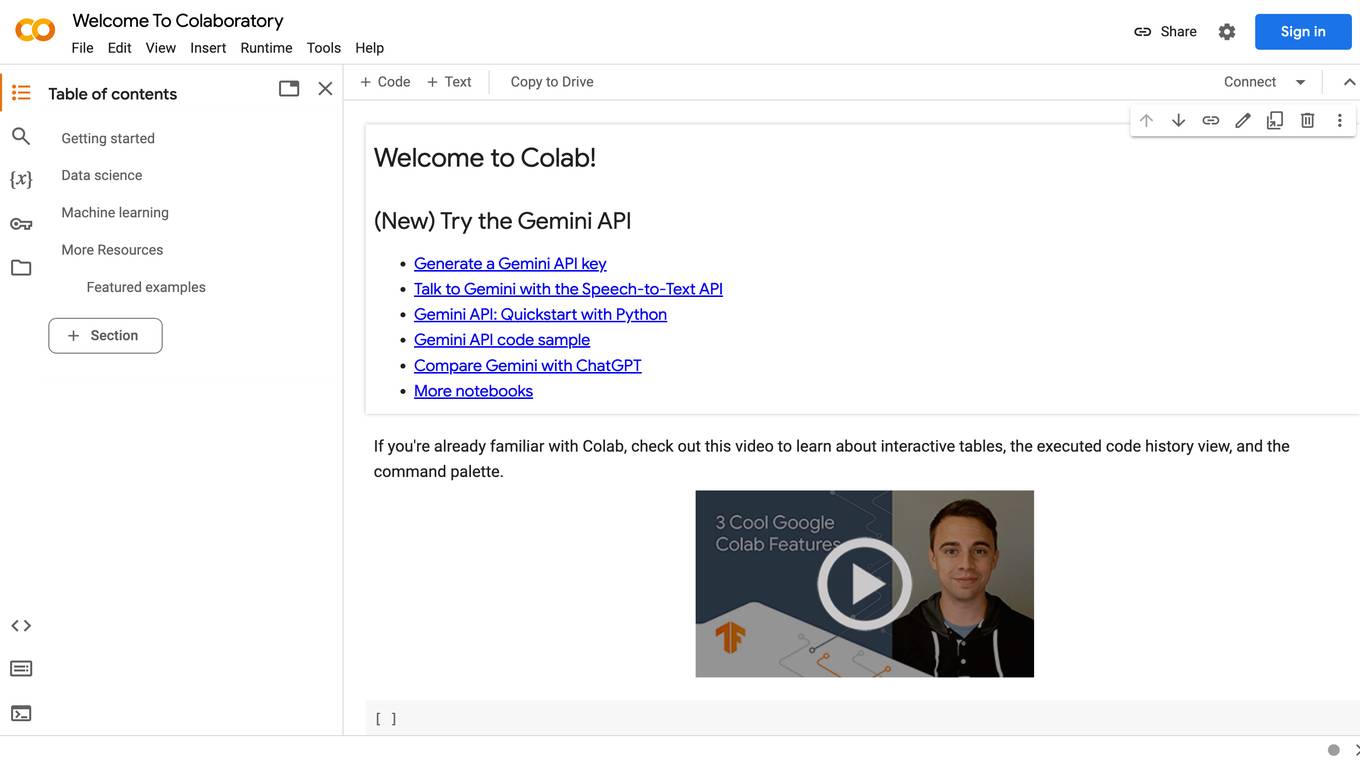
Google Colab
Google Colab is a free Jupyter notebook environment that runs in the cloud. It allows you to write and execute Python code without having to install any software or set up a local environment. Colab notebooks are shareable, so you can easily collaborate with others on projects.
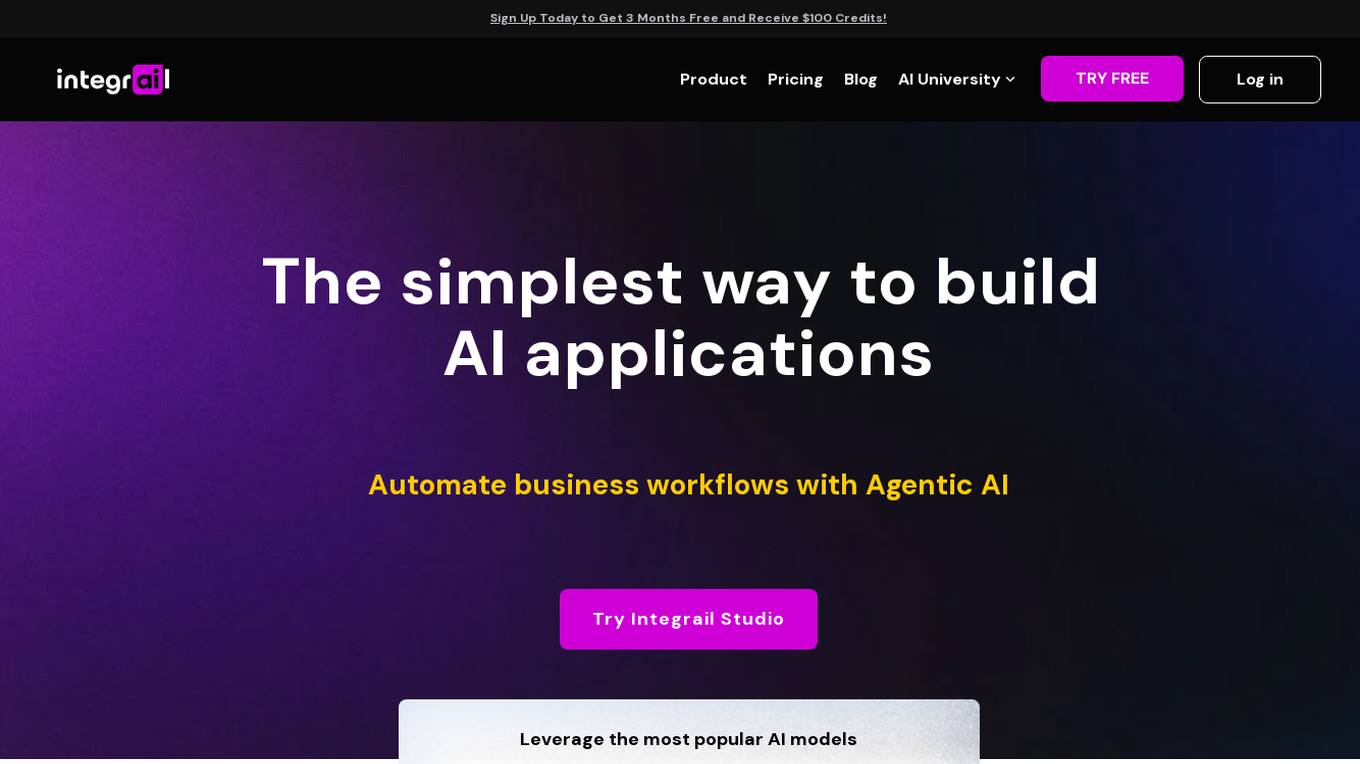
Integrail
Integrail is an AI tool that simplifies the process of building AI applications by allowing users to design and deploy multi-agent applications without the need for coding skills. It offers a range of features such as integrating external apps, optimizing cost and accuracy, and deploying applications securely in the cloud or on-premises. Integrail Studio provides access to popular AI models and enables users to transform business workflows efficiently.
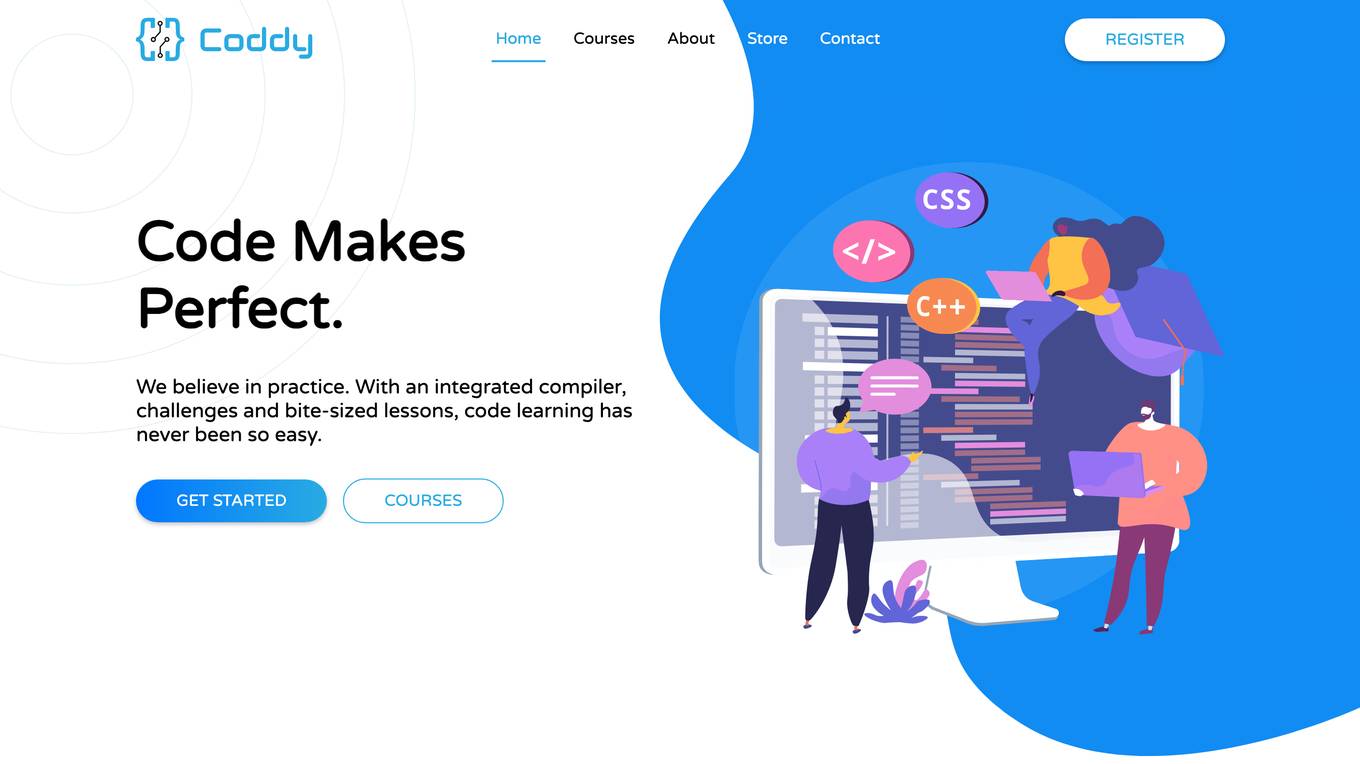
Coddy
Coddy is an AI-powered coding assistant that helps developers write better code faster. It provides real-time feedback, code completion, and error detection, making it the perfect tool for both beginners and experienced developers. Coddy also integrates with popular development tools like Visual Studio Code and GitHub, making it easy to use in your existing workflow.
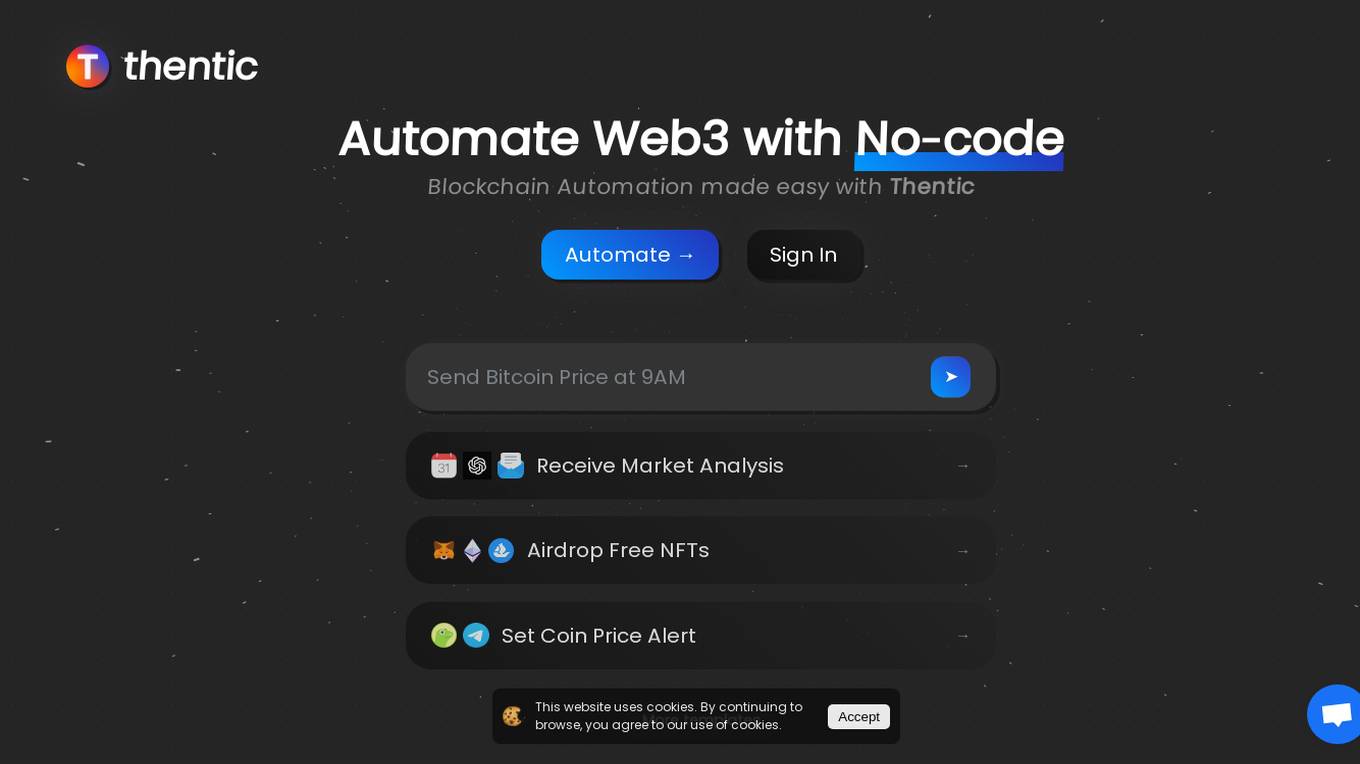
Thentic
Thentic is a no-code automation platform for Web3. It allows users to automate tasks such as receiving market analysis, airdropping free NFTs, setting coin price alerts, tracking new transactions, analyzing DeFi data, getting paid and notified, creating AI-generated NFTs, receiving crypto news, randomizing NFT attributes, and developing Web3 APIs. Thentic supports hundreds of blockchains with prebuilt integrations.
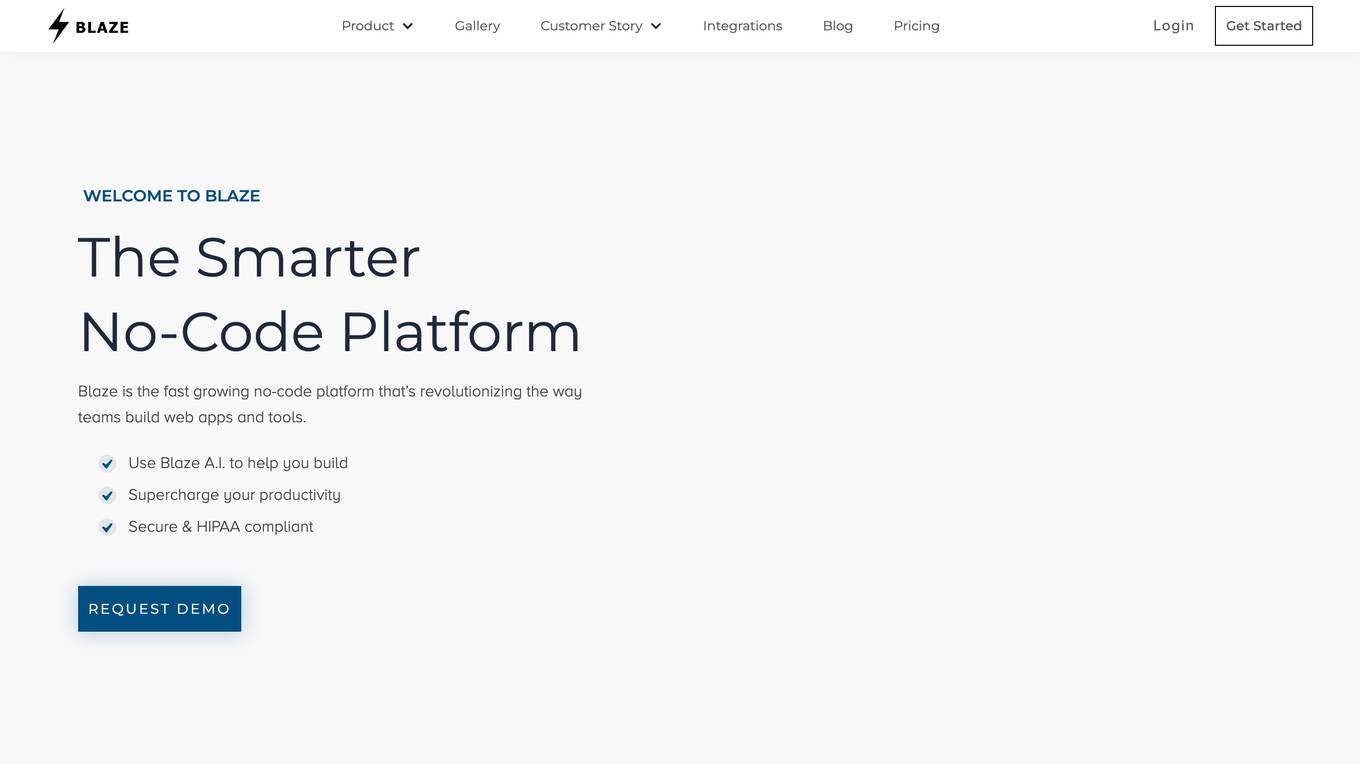
Blaze
Blaze is a no-code platform that enables teams to build web applications and internal tools without writing code. It offers a variety of features, including a visual creator, prebuilt integrations, user permissions, and enterprise security. Blaze is trusted by Fortune 500s and healthcare organizations and is HIPAA compliant.

Idea Link
Idea Link is a no-code development agency that specializes in building custom software, native apps, and digital products. They use a combination of no-code and low-code tools to build software up to 5x times faster than traditional development methods. Idea Link has worked with over 50 clients, including startups and corporates, to help them transform their business ideas into reality.

AI Tech Debt Analysis Tool
This website is an AI tool that helps senior developers analyze AI tech debt. AI tech debt is the technical debt that accumulates when AI systems are developed and deployed. It can be difficult to identify and quantify AI tech debt, but it can have a significant impact on the performance and reliability of AI systems. This tool uses a variety of techniques to analyze AI tech debt, including static analysis, dynamic analysis, and machine learning. It can help senior developers to identify and quantify AI tech debt, and to develop strategies to reduce it.
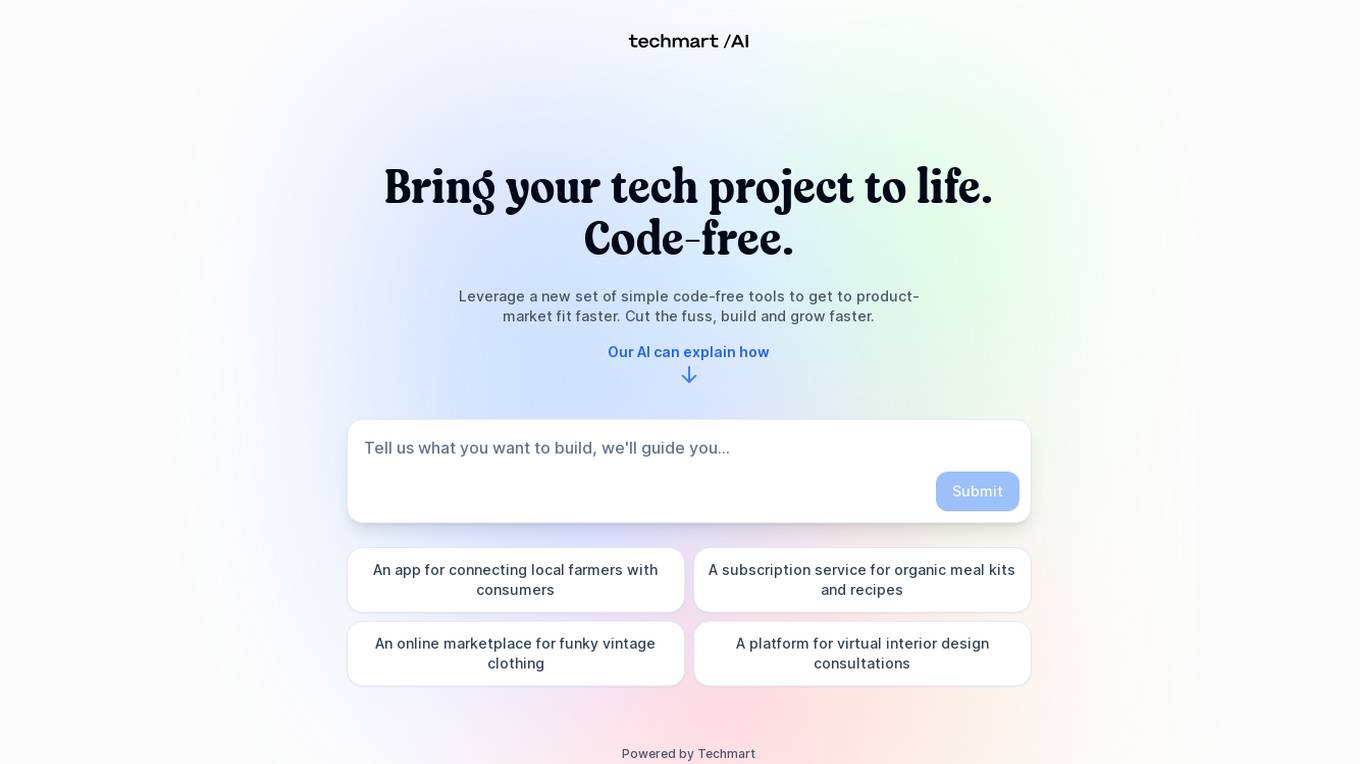
Techmart AI
Techmart AI is a code-free platform that provides a suite of tools to help businesses build and grow faster. With Techmart AI, businesses can connect with local farmers, create subscription services for organic meal kits and recipes, launch online marketplaces for funky vintage clothing, and offer virtual interior design consultations. Techmart AI's AI-powered tools can help businesses with a variety of tasks, including product development, marketing, and customer service.

CodeSignal
CodeSignal is an AI-powered platform that helps users discover and develop in-demand skills. It offers skills assessments and AI-powered learning tools to help individuals and teams level up their skills. The platform provides solutions for talent acquisition, technical interviewing, skill development, and more. With features like pre-screening, interview assessments, and personalized learning, CodeSignal aims to help users advance their careers and build high-performing teams.
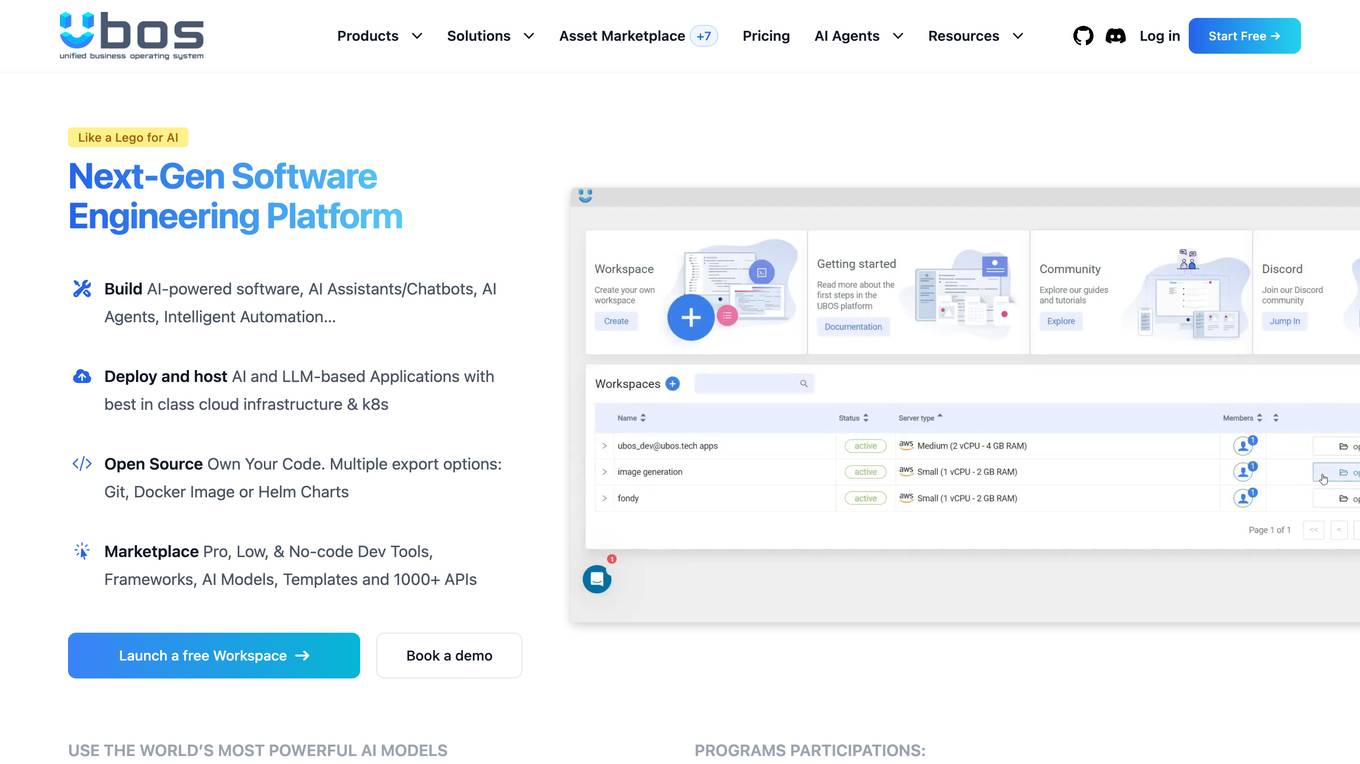
UBOS
UBOS is an engineering platform for Software 3.0 and AI Agents, offering a comprehensive suite of tools for building enterprise-ready internal development platforms, web applications, and intelligent workflows. It enables users to connect to over 1000 APIs, automate workflows with AI, and access a marketplace with templates and AI models. UBOS empowers startups, small and medium businesses, and large enterprises to drive growth, efficiency, and innovation through advanced ML orchestration and Generative AI custom integration. The platform provides a user-friendly interface for creating AI-native applications, leveraging Generative AI, Node-Red SCADA, Edge AI, and IoT technologies. With a focus on open-source development, UBOS offers full code ownership, flexible exports, and seamless integration with leading LLMs like ChatGPT and Llama 2 from Meta.
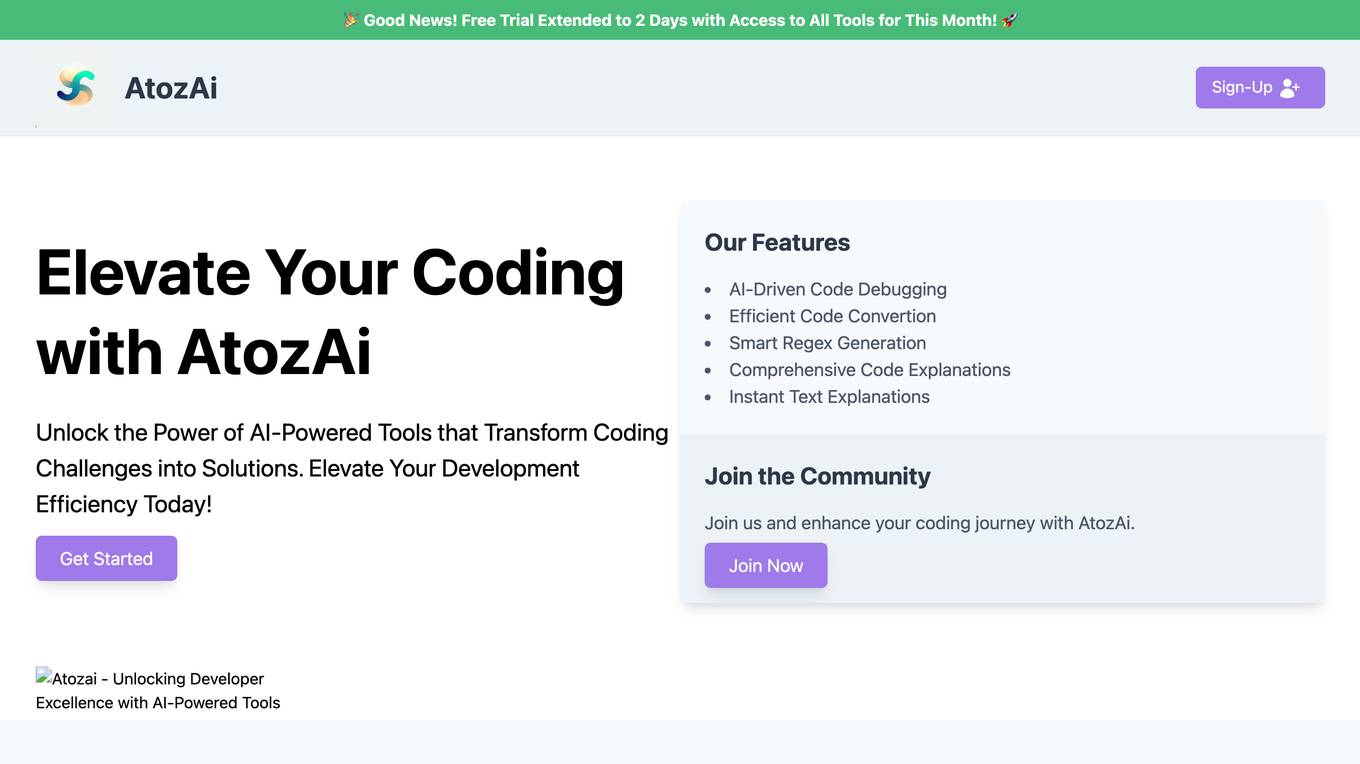
AtozAi
AtozAi is an AI application designed to empower developers by providing AI-powered tools that enhance coding efficiency and productivity. The platform offers features such as AI-driven code debugging, efficient code conversion, smart regex generation, comprehensive code explanations, and instant text explanations. AtozAi aims to cover a wide range of coding tasks with specialized AI algorithms, continually expanding its toolkit to make tasks easier, more efficient, and creative for developers.

BugFree.ai
BugFree.ai is an AI-powered platform designed to help users practice system design and behavior interviews, similar to Leetcode. The platform offers a range of features to assist users in preparing for technical interviews, including mock interviews, real-time feedback, and personalized study plans. With BugFree.ai, users can improve their problem-solving skills and gain confidence in tackling complex interview questions.
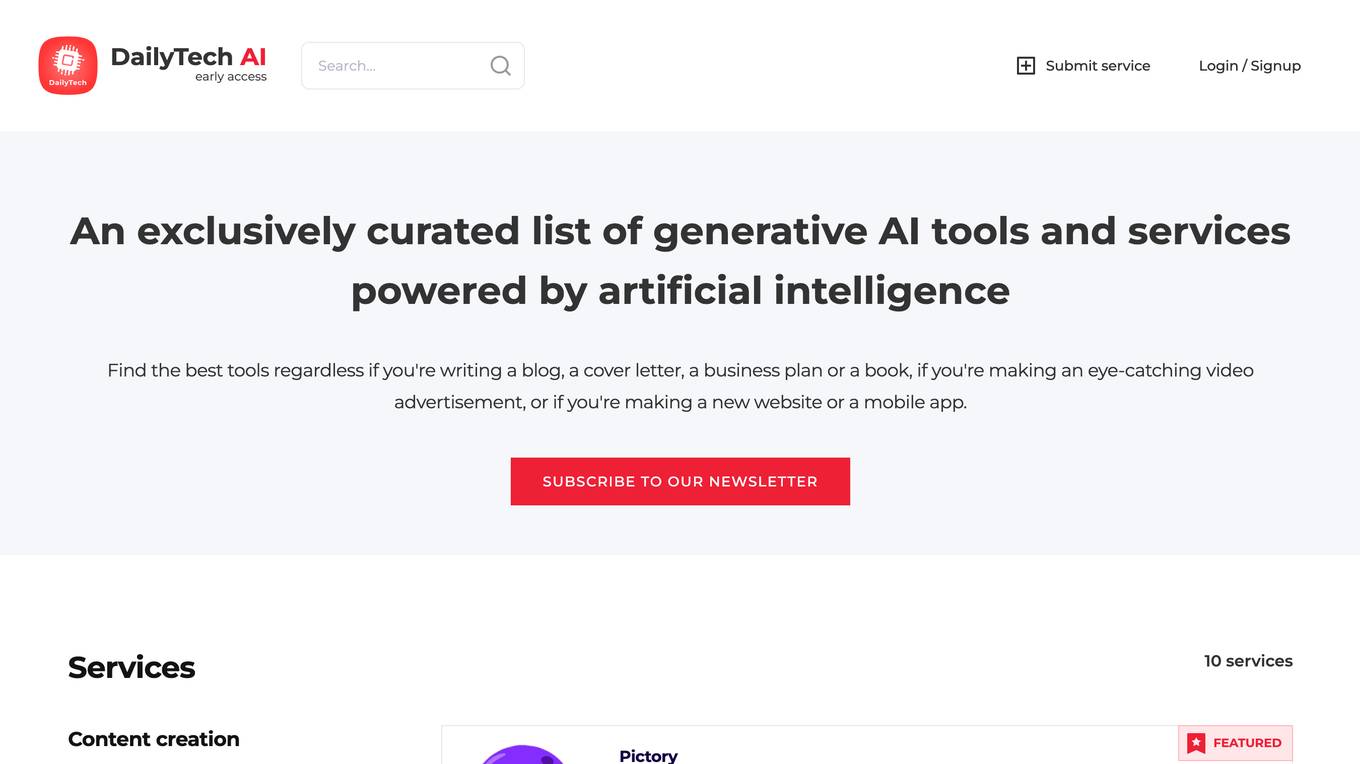
Daily Tech AI
Daily Tech AI is a curated list of generative AI tools and services powered by artificial intelligence. It helps users find the best tools for various tasks such as writing, video creation, website development, and more. The website features a variety of tools, including text generators, image generators, video generators, and code generators. Users can browse tools by category, pricing model, and features.
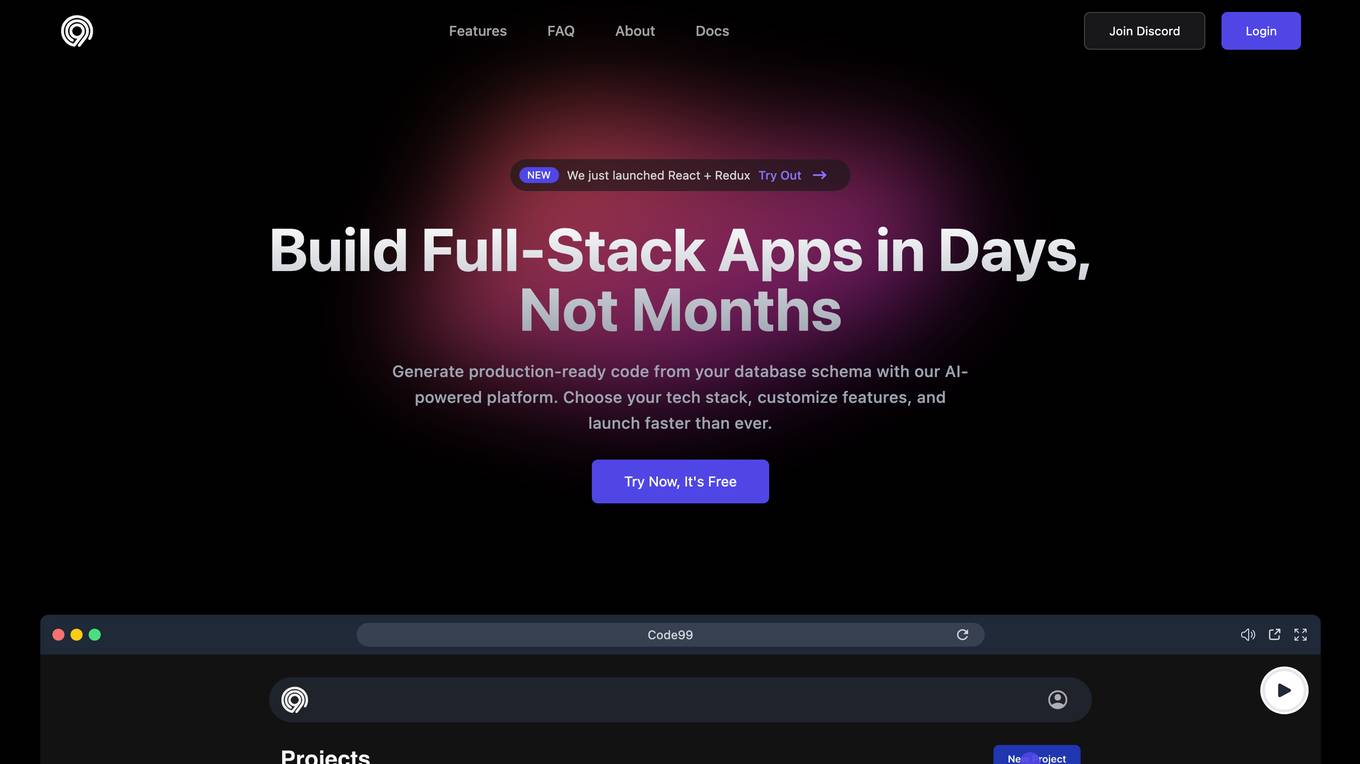
Code99
Code99 is an AI-powered platform designed to speed up the development process by providing instant boilerplate code generation. It allows users to customize their tech stack, streamline development, and launch projects faster. Ideal for startups, developers, and IT agencies looking to accelerate project timelines and improve productivity. The platform offers features such as authentication, database support, RESTful APIs, data validation, Swagger API documentation, email integration, state management, modern UI, clean code generation, and more. Users can generate production-ready apps in minutes, transform database schema into React or Nest.js apps, and unleash creativity through effortless editing and experimentation. Code99 aims to save time, avoid repetitive tasks, and help users focus on building their business effectively.
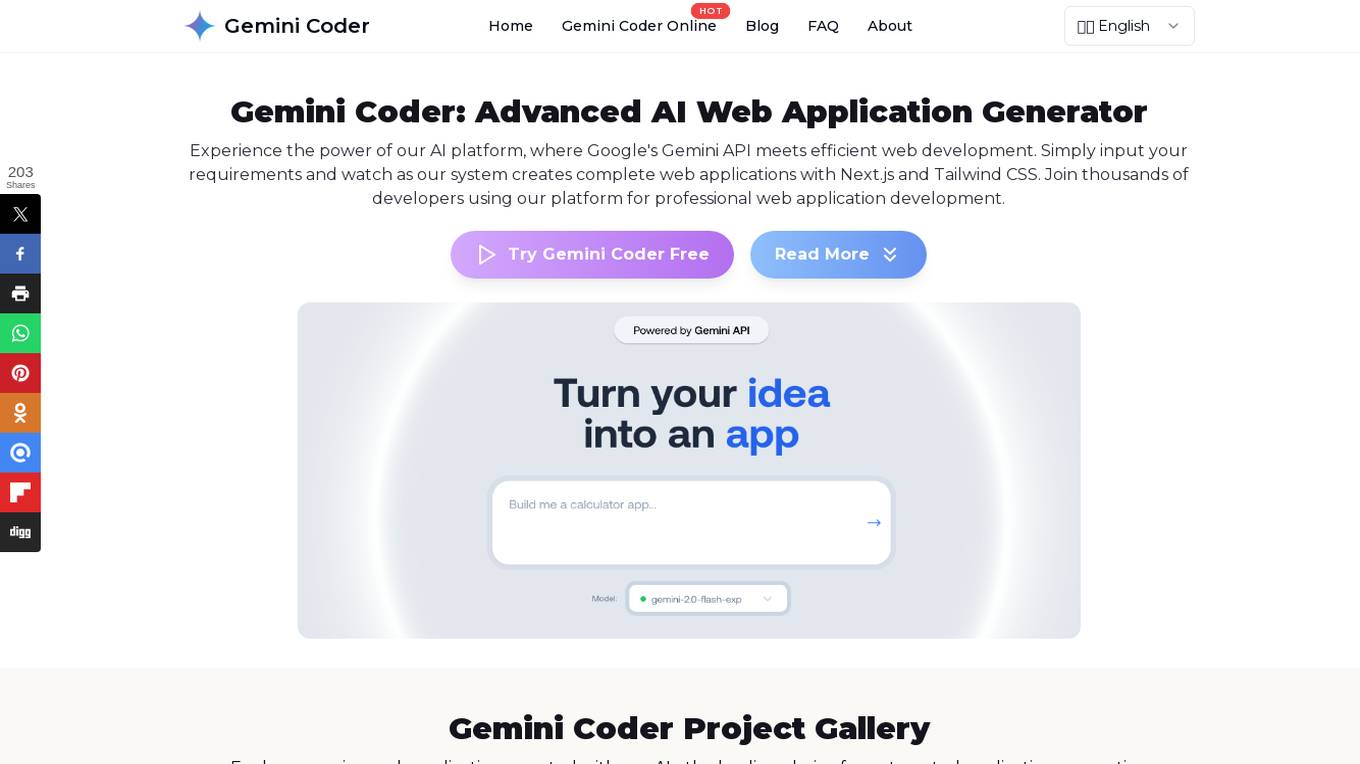
Gemini Coder
Gemini Coder is an advanced AI-powered web application generator that combines Google's Gemini API with modern development frameworks to create high-quality applications. Developers can input their requirements and watch as the system generates complete web applications using Next.js and Tailwind CSS. The platform offers advanced code generation, modern tech stack, high-quality code output, browser-based preview, and code customization, making it a leading choice for professional web application development.
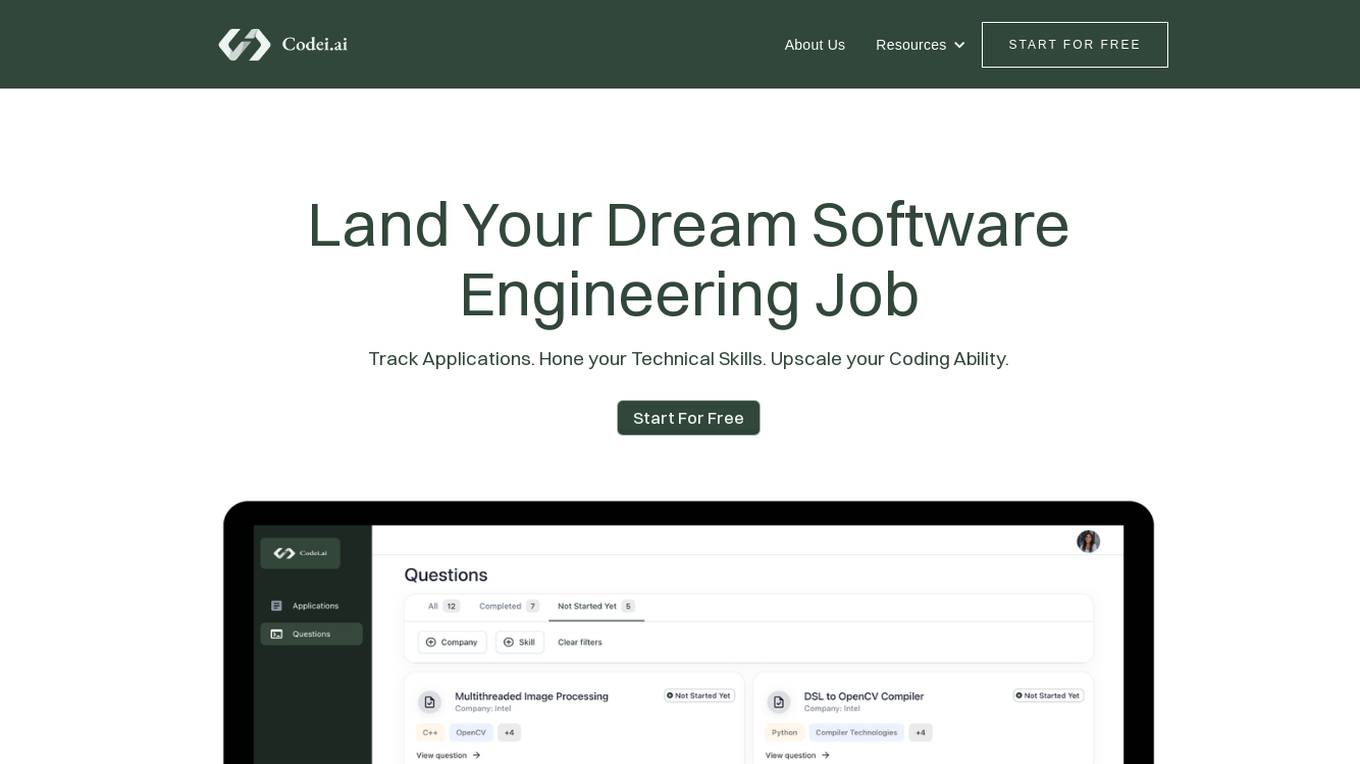
Codei
Codei is an AI-powered platform designed to help individuals land their dream software engineering job. It offers features such as application tracking, question generation, and code evaluation to assist users in honing their technical skills and preparing for interviews. Codei aims to provide personalized support and insights to help users succeed in the tech industry.
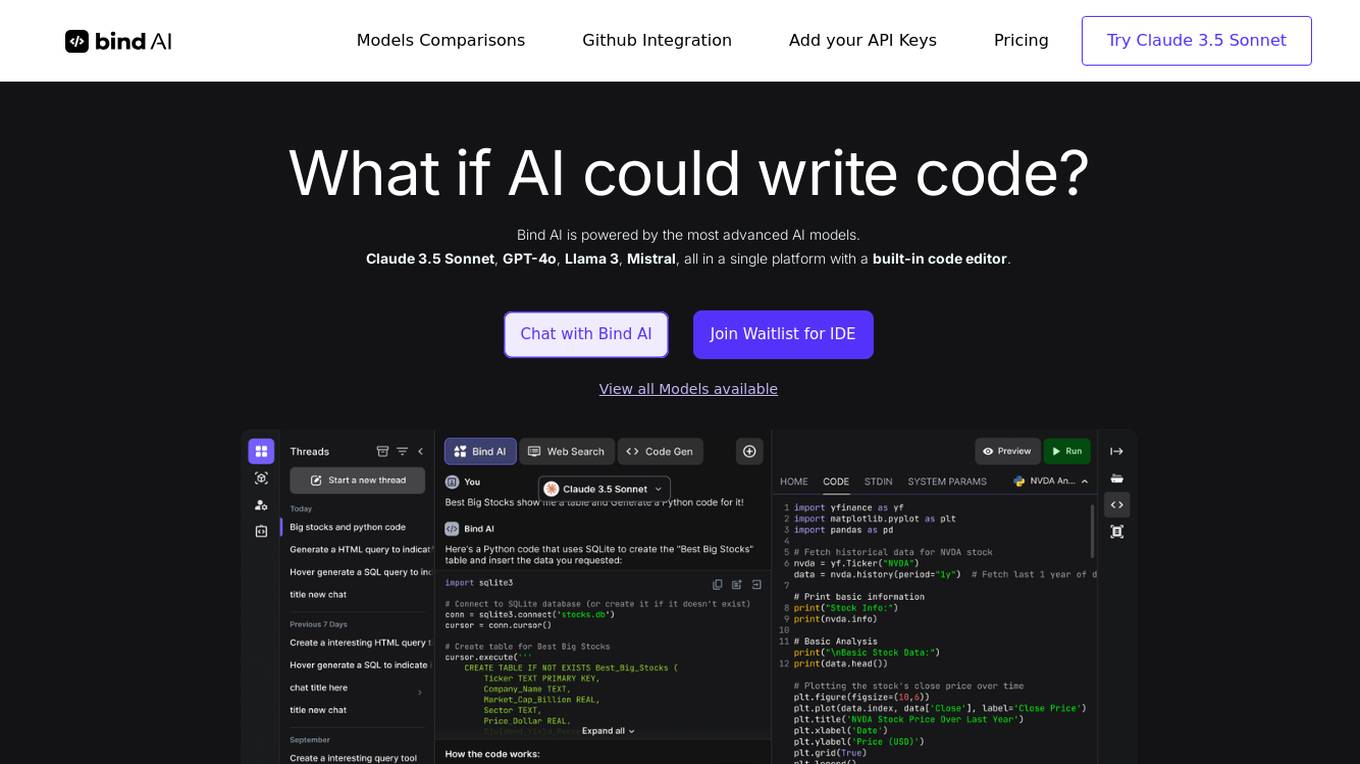
Bind AI
Bind AI is an advanced AI tool that enables users to generate code, scripts, and applications using a variety of AI models. It offers a platform with a built-in code editor and supports over 72 programming languages, including popular ones like Python, Java, and JavaScript. Users can create front-end web applications, parse JSON, write SQL queries, and automate tasks using the AI Code Editor. Bind AI also provides integration with Github and Google Drive, allowing users to sync their codebase and files for collaboration and development.
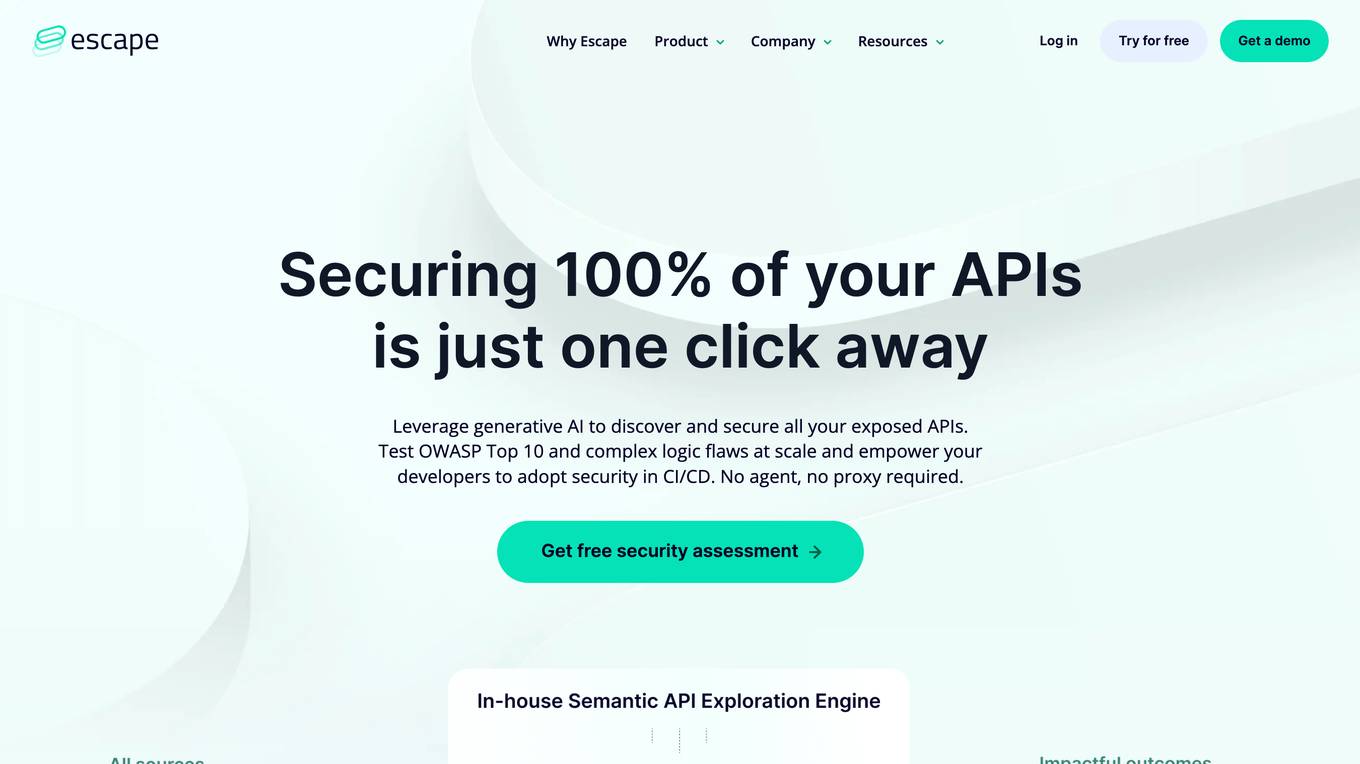
Escape
Escape is a dynamic application security testing (DAST) tool that stands out for its ability to work seamlessly with modern technology stacks, test business logic, and help developers address vulnerabilities efficiently. It offers features like API discovery and security testing, GraphQL security testing, and tailored remediations. Escape provides advantages such as high code coverage improvement, fewer false negatives, time-saving benefits, and application risk reduction. However, it also has disadvantages like the need for manual code remediations and limited support for certain security integrations.
0 - Open Source AI Tools
20 - OpenAI Gpts
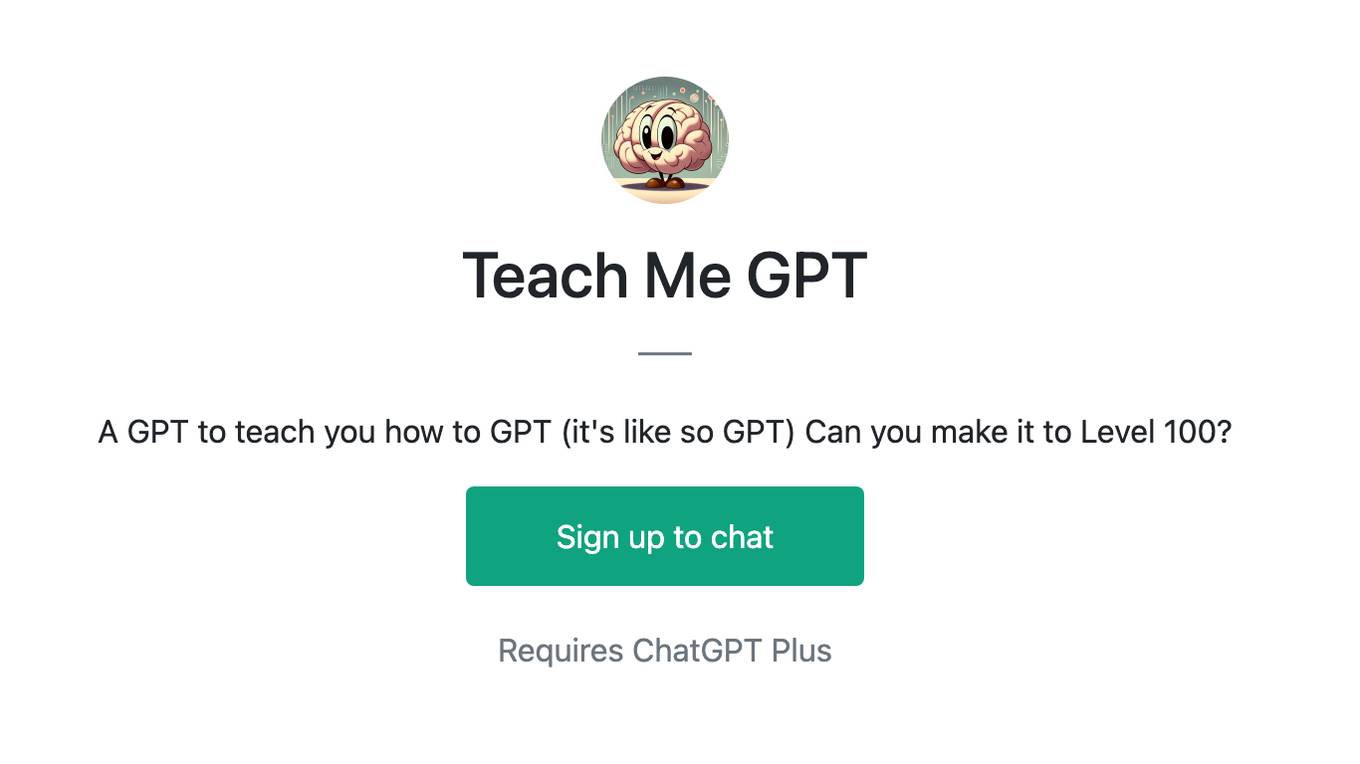
Teach Me GPT
A GPT to teach you how to GPT (it's like so GPT) Can you make it to Level 100?
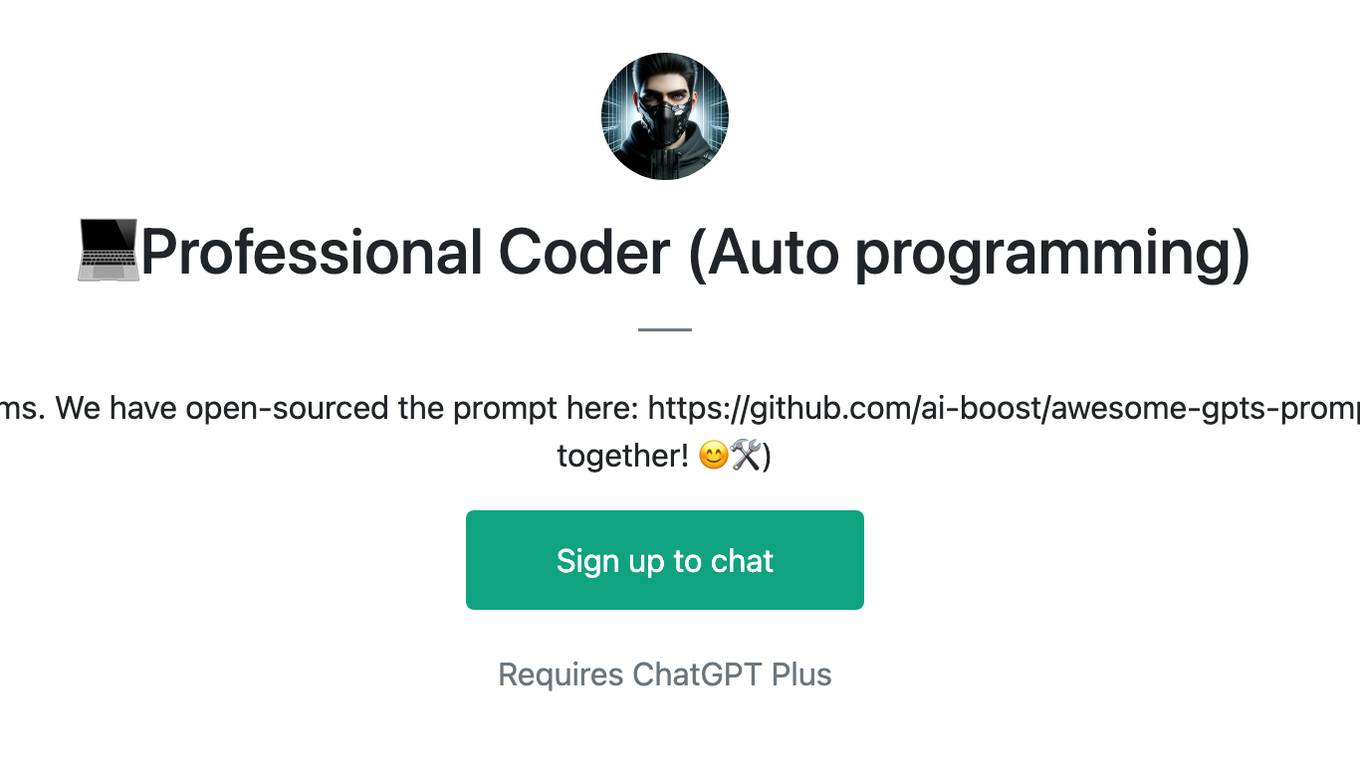
💻Professional Coder (Auto programming)
A gpt expert at solving programming problems. We have open-sourced the prompt here: https://github.com/ai-boost/awesome-gpts-prompts (This GPT isn't perfect, let's improve it together! 😊🛠️)

Chinese Couplet Sage
Stringent expert in traditional Chinese couplets, dedicated to fixed code analysis for harmonious and creative compositions.
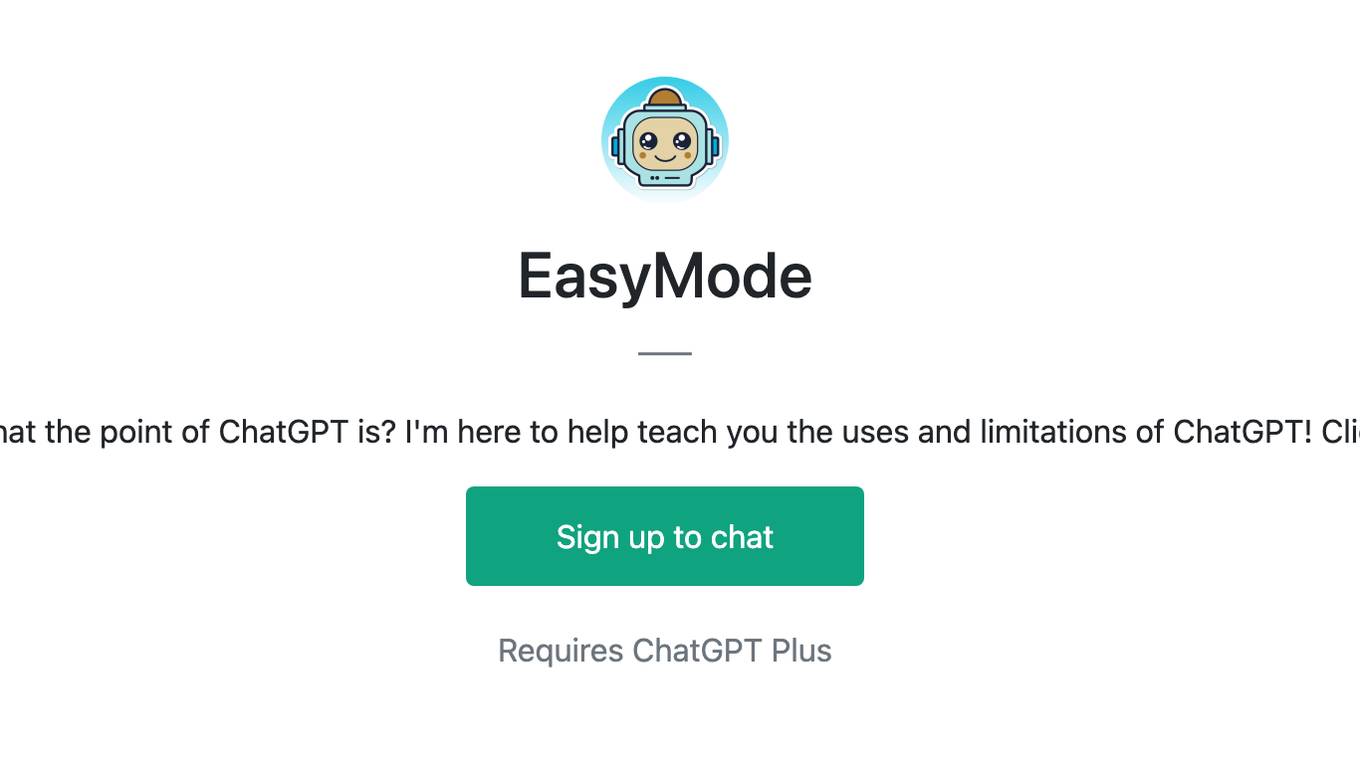
EasyMode
Are you still trying to figure out what the point of ChatGPT is? I'm here to help teach you the uses and limitations of ChatGPT! Click, type or say 'hello' to start 😄
